Welcome to the forefront of digital defense in the Netherlands. In an era where cyber threats are omnipresent, this blog unveils the stalwart guardians of the digital realm – the top 10 Cybersecurity Companies in Netherlands. From pioneering data protection solutions to cutting-edge AI-powered security platforms, join us on a journey through the powerhouse firms from cybersecurity Netherlands shaping the landscape of cybersecurity, ensuring a secure and resilient digital future.
Top 10 Cybersecurity Companies in the Netherlands
Qualysec

Established in 2020, Qualysec swiftly emerged as a trusted cybersecurity firm, offering Vulnerability Assessment and Penetration Testing (VAPT), security consulting, and incident response services. While Qualysec’s operational office is not situated in the Netherlands, it has become a renowned top player in the cybersecurity and penetration testing industry space, particularly in the Netherlands. Qualysec boasts an expert team capable of identifying vulnerabilities that malicious actors could exploit. They collaborate closely with clients to rectify these issues, ultimately bolstering overall security.
Qualysec’s team is composed of seasoned offensive specialists and security researchers, ensuring that clients have access to the latest security techniques. Their VAPT services incorporate both human expertise and automated tools, delivering clear findings, mitigation strategies, and post-assessment consulting—all in adherence to industry standards. The comprehensive service portfolio includes:
- Web App Pentesting
- Mobile App Pentesting
- API Pentesting
- Cloud Security Pentesting
- IoT Device Pentesting
- AI ML Pen testing
This proves invaluable for businesses seeking to comply with industry regulations or demonstrate commitment to security to stakeholders.
Working with Qualysec guarantees several advantages:
- An expert team of highly skilled and certified cybersecurity professionals dedicated to protecting digital assets.
- Detailed reports with actionable recommendations for issue resolution.
- Reliable support for ongoing assistance.
- Seamless collaboration with development teams for efficient issue resolution.
- Advanced tools and techniques for accurate vulnerability detection without false positives.
Qualysec’s commitment to competitive pricing, a unique testing approach, on-time delivery, long-term partnerships, and utmost confidentiality makes it a leading penetration testing and cybersecurity company in the Netherlands, dedicated to enhancing penetration testing and the cybersecurity landscape.
Talk to our Cybersecurity Expert to discuss your specific needs and how we can help your business.
Zivver
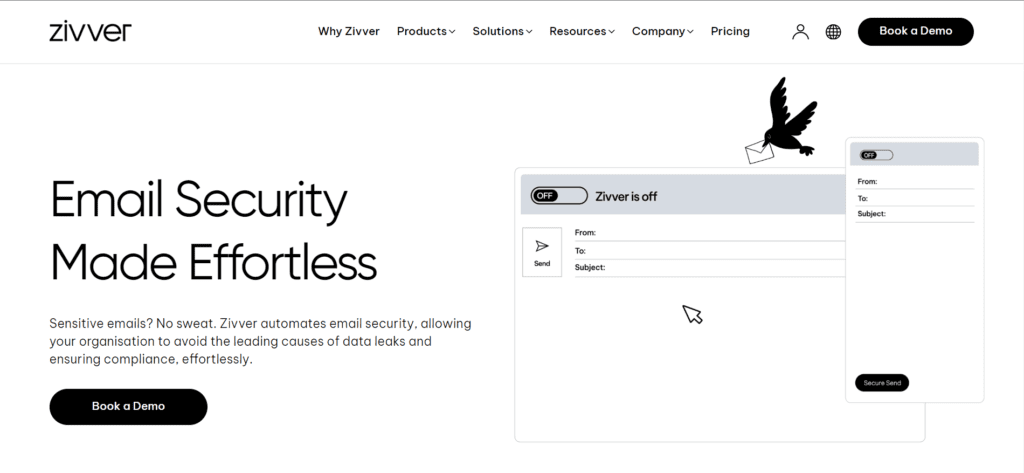
Zivver, a pioneering firm in the data protection sphere, offers a meticulously designed solution dedicated to preserving data confidentiality. Their service is instrumental in preventing sensitive information from falling into the wrong hands, regardless of the platform. Zivver’s ingenious measures ensure that sensitive data remains secure and confidential on conventional email platforms, instant messaging tools like WhatsApp, or their proprietary web application. Serving as a trusted guardian in the vast digital world, Zivver’s cornerstone service preempts unintended data leaks, preserving the integrity of communications across different platforms.
Bitdefender
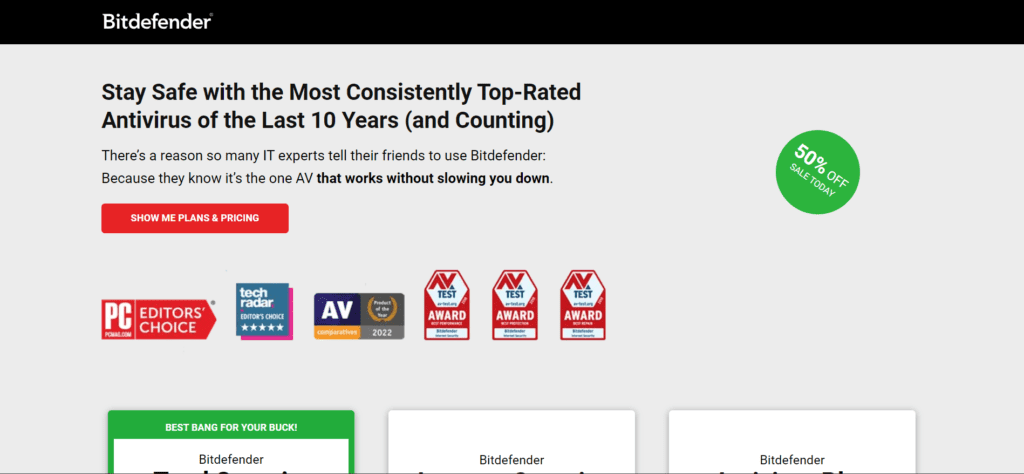
Bitdefender, a leading global cybersecurity firm, stands tall in the industry with its advanced software providing top-notch digital protection. With a scope that encompasses various digital platforms, Bitdefender offers reliable protection to individuals, businesses, and institutions. Their software operates with stealth and precision, quickly identifying and nullifying threats. Bitdefender’s unwavering commitment to safeguarding digital environments from potential threats has etched its name as one of the most trusted cybersecurity entities worldwide.
FRISS
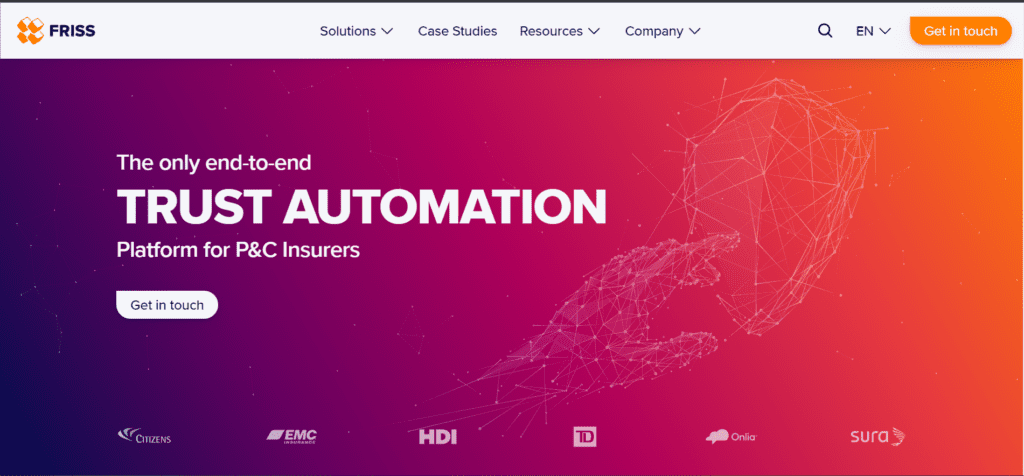
FRISS plays an instrumental role in the intricate domains of fraud, risk, and compliance, particularly for non-life insurance companies. Providing invaluable service to insurance firms globally, FRISS enables these companies to accurately identify areas of high risk and potential fraudulent activity during pivotal stages such as initial quotation, underwriting, or claims handling. FRISS’s detailed scrutiny covers both private and commercial lines, upholding the integrity of the insurance industry and safeguarding its fundamental operations.
SecretHub
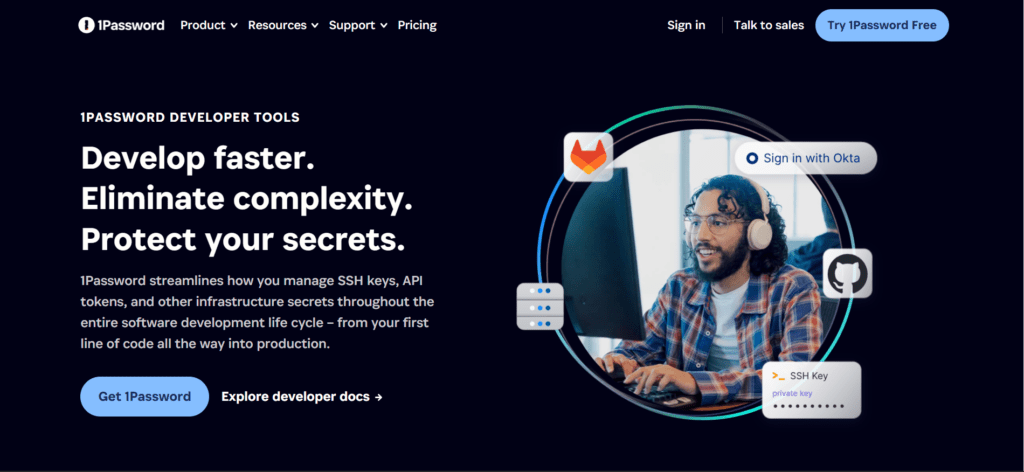
With a focus on securing critical data, SecretHub plays an essential role in fortifying the digital landscape. Specializing in safeguarding secrets, such as API keys, passwords, and certificates, SecretHub ensures these vital components for software operation remain untouchable. Their commitment to shielding critical data underlines SecretHub’s position as a frontrunner in cybersecurity.
IN2IT
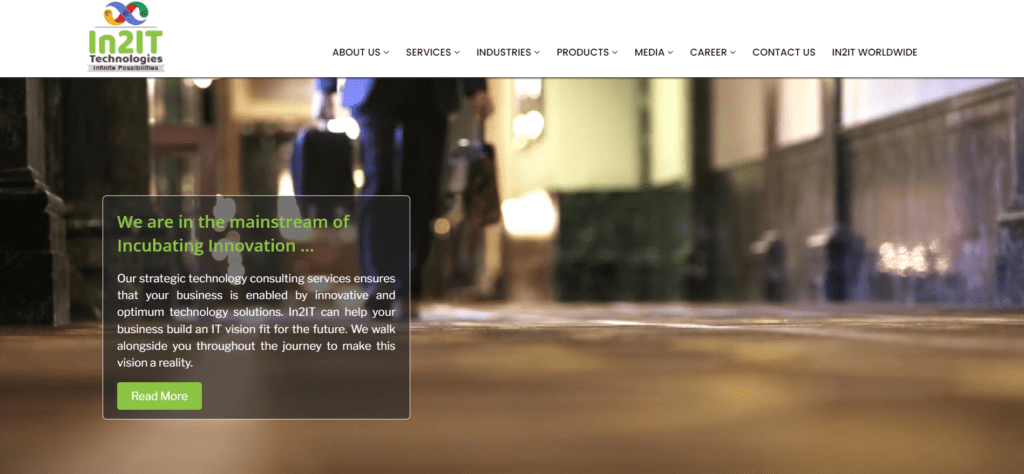
Positioning itself as a global cybersecurity specialist, IN2IT offers services beyond the conventional realm. Providing Zero Trust strategic consulting and managed security services, IN2IT’s proactive stance against potential cyber threats and strategic consulting services place them at the forefront of the cybersecurity industry. Their dynamic approach to threat management successfully deters and neutralizes cyber threats, showcasing a commitment to maintaining a secure digital environment for clients.
EclecticIQ
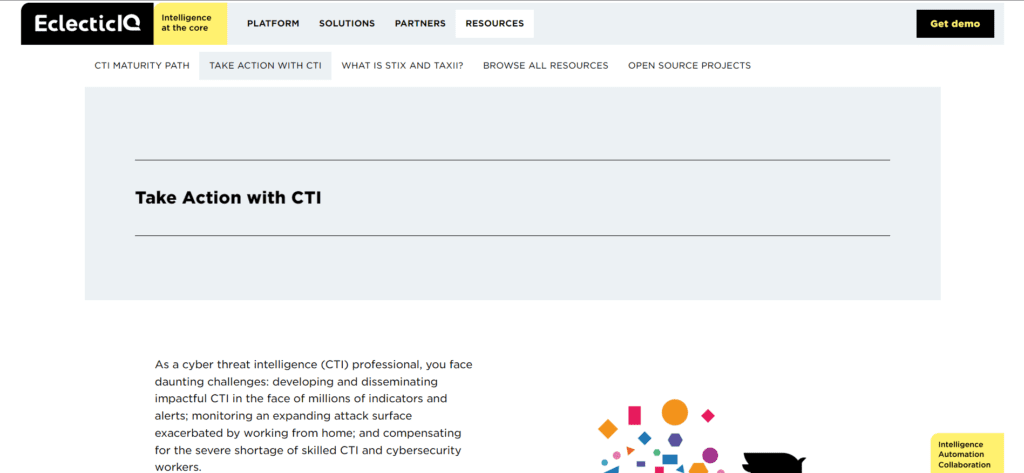
At EclecticIQ, fostering an environment of secure cyber operations is a priority. Operating at the cutting edge of threat intelligence, hunting, and response technologies, EclecticIQ helps create a nuanced understanding of threat intelligence and build an intelligence-led cybersecurity approach. With the ability to provide clients with a full spectrum of threat detection and neutralization services, EclecticIQ exemplifies a leading provider in the cybersecurity arena. Their distinctive approach of proactively seeking out potential threats provides clients with a secure and resilient digital environment.
Digidentity
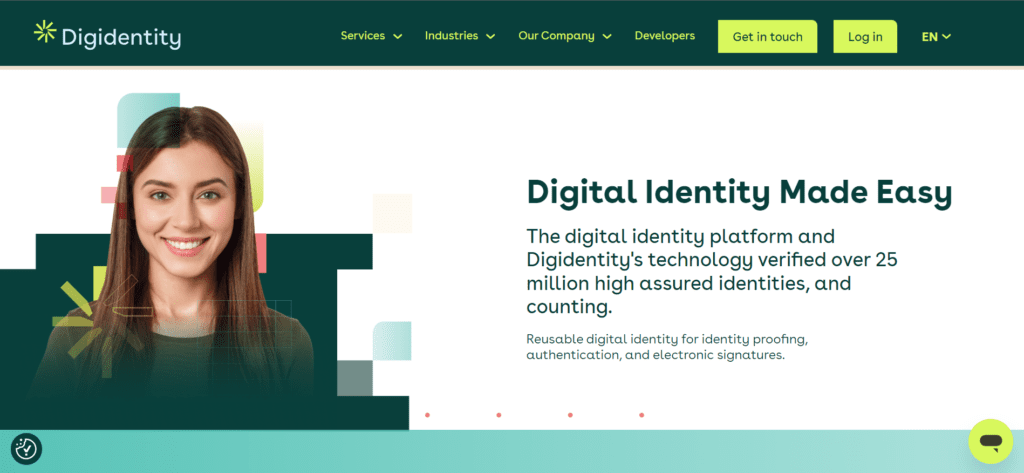
In a world where identity theft is an ever-present threat, Digidentity delivers a solution that not only protects your digital identity but also simplifies the process of using it online. Digidentity is a Netherlands-based cybersecurity firm that provides secure digital identity solutions. They offer an array of identity verification services that allow users to establish and prove their identity online, enabling safe and secure transactions. Their system is built with the user in mind, combining top-tier security with usability. With Digidentity, your digital persona remains secure, letting you engage freely in the digital world without compromising safety.
LogSentinel
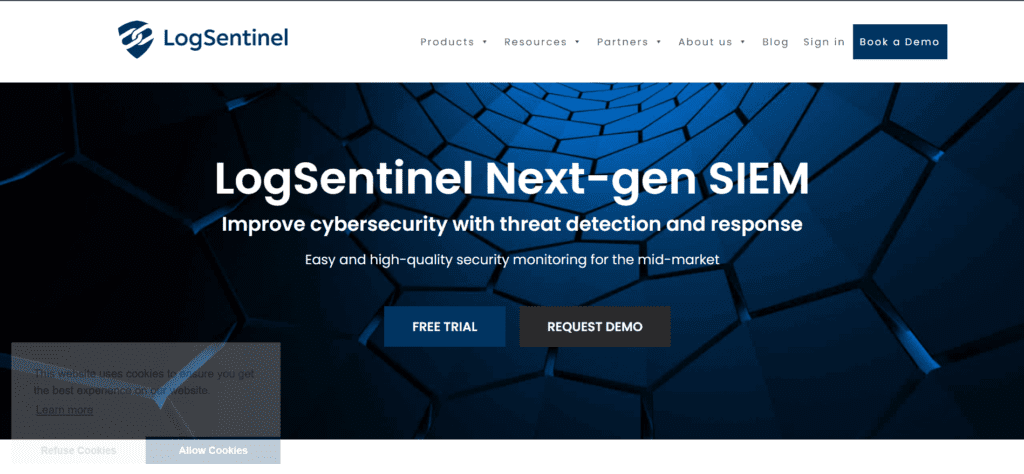
LogSentinel operates at the helm of the cybersecurity world, delivering unparalleled services designed to strengthen digital fortifications. Specializing in offering secure audit trail solutions, LogSentinel ensures that any form of data manipulation within a system can be quickly traced and corrected. By keeping a secure, tamper-evident log of all actions performed in a system, LogSentinel allows organizations to maintain a high level of data integrity and compliance. With this unique approach to cybersecurity, LogSentinel assists businesses in holding their ground against potential cyber threats and building a secure and trustworthy digital operation.
ReaQta
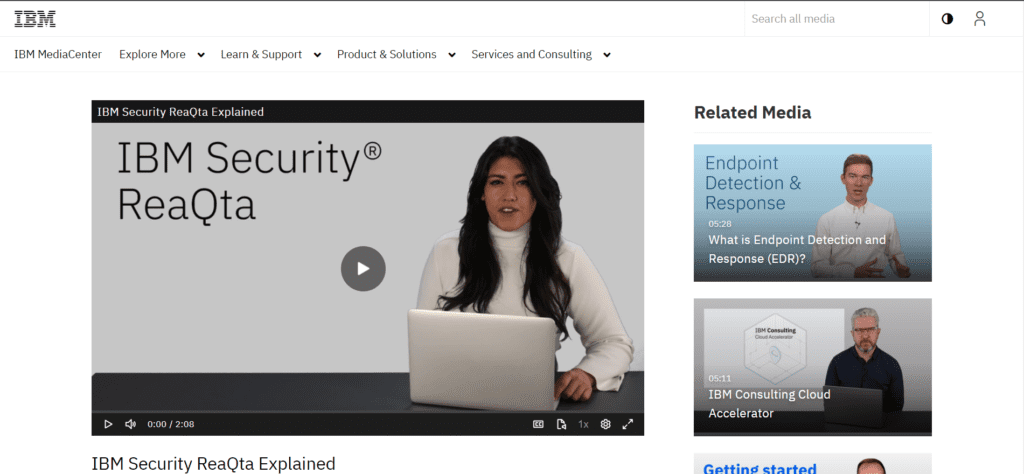
ReaQta is Europe’s top-tiered AI Endpoint Security Platform, built by an elite group of cybersecurity experts and AI/ML
researchers. Focused on building the best user experience for endpoint security, ReaQta is the most elegant, powerful, and easy-to-use platform that allows organizations to eliminate the most advanced threats in the fastest way possible. As experts in AI and behavioral analysis, ReaQta’s proprietary dual-AI engines provide organizations across all industries with complete and fully customized endpoint security, minus all the complexity. Security teams can now do more, with less.
Why Cybersecurity Matters in the Netherlands
In the contemporary digital landscape, the landscape of Cybersecurity in the Netherlands grapples with the escalating challenges posed by cyber threats. As technology becomes increasingly integrated into daily life and business operations, the nation faces a surge in the frequency and sophistication of cyber attacks. From ransomware assaults targeting critical infrastructure to phishing schemes exploiting unsuspecting individuals, the diversity of threats underscores the need for robust cybersecurity measures.
Rising Cyber Threats
The Netherlands experiences a multifaceted array of cyber threats that demand attention and proactive defense mechanisms. Cybercriminals leverage advanced techniques to breach networks, compromise sensitive data, and disrupt essential services. The rising incidents of cyber threats encompass not only large enterprises but also extend to small businesses and individuals. The landscape includes threats such as malware infections, distributed denial-of-service (DDoS) attacks, and identity theft. This section delves into the specific challenges faced by the Netherlands, shedding light on the evolving tactics employed by cyber adversaries.
The Role of Cybersecurity in Mitigating Risks:
Amidst the growing complexity of cyber threats, the role of cybersecurity in the Netherlands becomes paramount. Effective cybersecurity practices not only serve as a shield against potential breaches but also play a crucial role in safeguarding the integrity of digital systems. This section explores how robust cybersecurity measures, including threat detection, incident response, and ongoing risk assessments, are instrumental in mitigating the risks posed by cyber threats. It underscores the significance of a proactive and adaptive cybersecurity strategy to counteract the dynamic nature of modern cyber threats in the Netherlands.
Impact on Businesses and Individuals:
The repercussions of cyber threats extend far beyond the digital realm, impacting both businesses and individuals in the Netherlands. For businesses, the consequences can be severe, ranging from financial losses and operational disruptions to reputational damage. Cyber attacks on critical infrastructure can cripple essential services, leading to widespread ramifications. Moreover, the theft of sensitive business data can compromise competitive advantages and erode customer trust. Individuals are not exempt from the fallout, as cybercriminals target personal information for identity theft and financial fraud.
In this section, we delve into how cyber threats affect businesses and individuals in the Netherlands. From the disruption of daily operations to the potential compromise of personal privacy, the impact underscores the critical need for comprehensive cybersecurity measures. Businesses are urged to prioritize cybersecurity to protect their operations, intellectual property, and customer data. Simultaneously, individuals must adopt secure practices to safeguard their information in an increasingly interconnected digital landscape.
Importance of Robust Cybersecurity Measures:
Against the backdrop of the profound impact of cyber threats, the importance of robust cybersecurity measures becomes evident. This section explores the role of effective cybersecurity strategies in mitigating the impact on businesses and individuals. From implementing advanced threat detection systems to fostering a cybersecurity-aware culture, businesses can fortify themselves against potential attacks. Likewise, individuals can adopt secure online practices, including robust password management and awareness of phishing scams. The emphasis is on proactive cybersecurity measures that not only respond to threats but also prevent them, creating a resilient defense against cyber threats in the Netherlands.
Government Initiatives:
In the Netherlands, the government has taken a proactive stance to bolster cybersecurity at a national level. Recognizing the escalating cyber threats and the need for a robust defense strategy, the Dutch government has initiated several key measures to enhance cybersecurity resilience. This subsection provides an overview of these initiatives, emphasizing the government’s commitment to safeguarding national security and digital assets.
The Dutch government’s initiatives encompass a multifaceted approach, addressing various aspects of cybersecurity. This includes strategic investments in cybersecurity research and development, and fostering collaborations between public and private sectors. Implementing comprehensive cybersecurity frameworks. Furthermore, the government has been instrumental in raising awareness about cyber threats and promoting best practices for both businesses and individuals. By establishing cybersecurity governance structures and facilitating information-sharing networks, the Dutch government aims to create a unified front against cyber threats. This subsection dives into the specifics of these initiatives, showcasing the collaborative efforts undertaken by the government to ensure a resilient and secure digital landscape in the Netherlands.
Challenges and Solutions:
Navigating the complex landscape of cybersecurity in the Netherlands poses a series of challenges that demand strategic solutions. This section delves into the specific hurdles faced by businesses and individuals and explores effective solutions to mitigate these challenges.
Challenges:
- Sophisticated Cyber Threats: The evolving nature of cyber threats presents a significant challenge. Advanced and sophisticated cyber-attacks constantly test the resilience of existing cybersecurity measures.
- Compliance and Regulations: Adhering to the intricate web of cybersecurity regulations and compliance standards can be daunting for organizations. Navigating through these requirements while ensuring robust protection is a delicate balance.
- Skill Shortage: A shortage of skilled cybersecurity professionals is a pervasive challenge. The demand for expertise often outstrips the available pool of qualified professionals, leaving organizations vulnerable.
Solutions:
- Continuous Training and Awareness: Establishing a culture of continuous training and awareness within organizations is crucial. Educating employees about the latest threats and cybersecurity best practices enhances the overall security posture.
- Adaptive Security Measures: Implementing adaptive security measures that can evolve in response to emerging threats is essential. This involves deploying advanced threat detection tools, artificial intelligence, and machine learning for proactive defense.
- Collaborative Efforts: Encouraging collaboration between government agencies, businesses, and cybersecurity experts fosters a collective approach to tackling cyber threats. Sharing threat intelligence and collaborating on research can strengthen the overall cybersecurity ecosystem.
By acknowledging these challenges and implementing tailored solutions, the Netherlands can fortify its cybersecurity defenses and create a resilient environment against the evolving threat landscape.
Common Cybersecurity Challenges:
In the dynamic cybersecurity landscape of the Netherlands, several challenges persist, requiring vigilant attention and innovative solutions to safeguard digital assets effectively.
- Rapidly Evolving Threat Landscape: The ever-changing nature of cyber threats poses a significant challenge. Cybercriminals continuously adapt their tactics, techniques, and procedures, demanding constant vigilance to stay ahead.
- Compliance and Regulatory Complexity: Navigating the intricate web of cybersecurity regulations and compliance standards can be a daunting task for organizations. Striking a balance between adhering to these regulations and implementing robust security measures is a constant challenge.
- Shortage of Skilled Professionals: The shortage of skilled cybersecurity professionals is a pressing issue. The demand for expertise often exceeds the available talent pool, leading to gaps in defending against sophisticated cyber threats.
- Emerging Technologies and Risks: The adoption of emerging technologies, such as the Internet of Things (IoT) and artificial intelligence (AI), introduces new attack vectors. Understanding and mitigating the risks associated with these technologies is an ongoing challenge.
- User Awareness and Training: Human error remains a significant factor in cybersecurity incidents. Ensuring that users are well informed and trained on cybersecurity best practices is crucial in preventing breaches caused by phishing, social engineering, and other human-centric attacks.
By recognizing and addressing these common challenges, the Netherlands can proactively enhance its cybersecurity resilience and build a robust defense against the evolving threat landscape.
How Top Companies Address These Challenges:
Top cybersecurity companies in the Netherlands employ comprehensive strategies to effectively tackle the prevalent challenges in the cybersecurity landscape. Their proactive approaches and innovative solutions set the benchmark for addressing complex issues.
- Continuous Threat Intelligence Integration: Leading cybersecurity firms prioritize staying ahead of the threat curve. They invest in robust threat intelligence capabilities, leveraging real-time information to understand emerging threats and update their defenses accordingly.
- Holistic Compliance Management: Recognizing the regulatory complexity, top companies adopt a holistic approach to compliance management. They establish dedicated teams to monitor regulatory changes, ensuring that their cybersecurity measures align with the latest requirements.
- Investment in Training and Development: To address the shortage of skilled professionals, top cybersecurity companies focus on internal training and development programs. They prioritize upskilling their teams to enhance their capabilities and keep pace with the evolving cybersecurity landscape.
- Innovative Technologies and Solutions: Leading firms embrace innovation by leveraging advanced technologies like AI and machine learning. These technologies enhance threat detection, automate response mechanisms, and provide a proactive defense against emerging risks.
- User-Centric Security Awareness Programs: Recognizing the human factor in cybersecurity, top companies implement robust user awareness and training programs. They educate employees on identifying phishing attempts, social engineering tactics, and other threats, thereby reducing the risk of human-centric security incidents.
By adopting these proactive measures, top cybersecurity companies in the Netherlands demonstrate their commitment to addressing challenges head-on and ensuring a resilient cybersecurity posture in the face of evolving threats.
Industry Insights
Trends and Innovations in Cybersecurity:
Staying at the forefront of industry advancements, the cybersecurity landscape in the Netherlands witnesses dynamic trends and innovations. This section delves into the latest developments, highlighting the transformative role of artificial intelligence (AI) and machine learning (ML).
1. AI-Driven Threat Detection:
Leading cybersecurity firms in the Netherlands increasingly integrate AI into their threat detection mechanisms. AI enables real-time analysis of vast datasets, allowing for the swift identification of anomalies and potential security threats. This proactive approach enhances the overall cybersecurity posture by minimizing response times.
2. Machine Learning for Behavioral Analysis:
Machine learning plays a pivotal role in behavioral analysis, allowing cybersecurity systems to understand normal user behaviors and identify deviations that may indicate a security incident. This adaptive approach enhances the accuracy of threat detection and reduces false positives.
3. Automated Incident Response:
Leveraging AI and machine learning, cybersecurity solutions in the Netherlands automate incident response processes. This automation streamlines the identification, containment, and resolution of security incidents, reducing the reliance on manual intervention and minimizing the impact of cyber threats.
4. Zero Trust Architecture:
The adoption of Zero Trust Architecture is gaining momentum in the Netherlands, driven by the need for more robust security frameworks. This approach challenges the traditional perimeter-based security model, emphasizing continuous verification of user identities and devices, irrespective of their location within the network.
5. Cloud Security Innovations:
With the increasing reliance on cloud services, cybersecurity solutions are evolving to address cloud-specific challenges. Innovative approaches include cloud-native security solutions, identity and access management for cloud resources, and enhanced visibility into cloud environments. As the cybersecurity landscape in the Netherlands evolves, these trends and innovations underscore the industry’s commitment to embracing cutting-edge technologies and strategies to safeguard digital assets effectively.
Role of AI and Machine Learning in Cybersecurity:
In the dynamic cybersecurity landscape of the Netherlands, the integration of artificial intelligence (AI) and machine learning (ML) stands as a transformative force, shaping the future of digital security.
Advanced Threat Detection
AI and ML algorithms are at the forefront of enhancing threat detection capabilities. In the Netherlands, cybersecurity systems leverage these technologies to analyze large datasets and identify patterns indicative of potential cyber threats. This proactive approach enables swift detection and response to evolving security challenges.
Behavioral Analysis
Machine learning plays a crucial role in behavioral analysis, a key component of cybersecurity. By learning from historical data, ML algorithms discern normal user behaviors and identify anomalies that may signal a security incident. This adaptive approach enables cybersecurity systems to evolve and adapt to emerging threats.
Predictive Analytics
AI-driven predictive analytics is instrumental in forecasting potential cyber threats. By analyzing historical data and identifying trends, cybersecurity solutions in the Netherlands can predict possible attack vectors. This foresight empowers organizations to implement proactive measures and fortify their defenses against anticipated threats.
Automated Incident Response
AI and ML technologies contribute to the automation of incident response processes. In the event of a security incident, these technologies facilitate rapid and precise decision-making, allowing for swift containment and resolution. Automated responses reduce the reliance on manual interventions, ensuring a more efficient and effective security posture.
Adaptive Access Controls:
The implementation of AI and ML in access controls enhances the adaptive nature of security measures. These technologies enable systems to continuously assess and verify user identities, adapting access permissions based on real-time risk assessments. This adaptive access approach aligns with the principles of Zero Trust Architecture.
As the Netherlands embraces the digital era, the role of AI and machine learning in cybersecurity becomes increasingly vital. These technologies not only fortify defenses against evolving threats but also empower organizations to stay ahead in the ever-changing landscape of digital security.
Cybersecurity Best Practices
Cybersecurity Best Practices in the Netherlands: Tips for Individuals and Businesses
In the digital landscape of the Netherlands, safeguarding against cyber threats requires a proactive and informed approach. Here are essential cybersecurity best practices for individuals and businesses operating in the Netherlands:
For Individuals:
Strong Password Management:
- Individuals should create strong, unique passwords for each online account.
- Implement two-factor authentication (2FA) whenever possible to add an extra layer of security.
Regular Software Updates:
- Keep operating systems, antivirus software, and applications up to date with the latest security patches.
- Enable automatic updates to ensure timely protection against known vulnerabilities.
Vigilance Against Phishing:
- Exercise caution when clicking on links or downloading attachments in emails, especially from unknown sources.
- Verify the legitimacy of emails, and be wary of unexpected requests for sensitive information.
Secure Wi-Fi Practices:
- Use strong, unique passwords for Wi-Fi networks.
- Enable WPA3 encryption for enhanced wireless network security.
Device Security:
- Install reputable antivirus and anti-malware software on devices.
- Enable device encryption to protect stored data in case of loss or theft.
For Businesses:
Employee Training and Awareness:
- Conduct regular cybersecurity training for employees to enhance awareness.
- Establish protocols for reporting potential security incidents promptly.
Network Segmentation:
- Implement network segmentation to restrict lateral movement in case of a breach.
- Control access to sensitive data through role-based permissions.
Incident Response Plan:
- Develop and regularly test an incident response plan to ensure a swift and coordinated response to security incidents.
- Clearly define roles and responsibilities within the incident response team.
Regular Security Audits:
- Conduct periodic cybersecurity audits to identify vulnerabilities and weaknesses.
- Engage with a reputable cybersecurity audit firm to ensure a comprehensive assessment.
Data Encryption:
- Encrypt sensitive data both in transit and at rest to protect it from unauthorized access.
- Implement encryption protocols for communication channels.
By adopting these cybersecurity best practices, individuals and businesses in the Netherlands can significantly enhance their resilience against cyber threats and contribute to a more secure digital ecosystem.
Importance of Regular Updates and Training
In the dynamic cybersecurity landscape of the Netherlands, the importance of regular updates and training cannot be overstated. Cyber threats constantly evolve, and staying ahead requires a commitment to continuous learning. Regular software updates, including operating systems and security patches, are crucial for addressing known vulnerabilities. Equally vital is ongoing training for individuals and cybersecurity teams. This ensures that they are well-versed in the latest threats, attack vectors, and defensive strategies. Cybersecurity professionals and end-users alike benefit from a proactive approach to education, fostering a more resilient digital environment.
Latest Penetration Testing Report
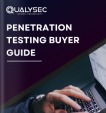
Choosing the Right Cybersecurity Solutions for Dutch Enterprises
With an array of cybersecurity solutions available, selecting the right tools is paramount for effective defense against cyber threats in the Netherlands. This subsection serves as a guide for businesses, helping them navigate the complexities of the cybersecurity landscape. Key considerations include understanding specific organizational needs, evaluating the scalability of solutions, and ensuring compatibility with existing infrastructure. Whether it’s choosing robust antivirus software, implementing advanced threat detection systems, or opting for comprehensive cybersecurity suites, making informed decisions is crucial. By aligning cybersecurity solutions with individual requirements, Dutch enterprises can fortify their defenses and proactively mitigate evolving cyber risks.
FAQs about Cybersecurity Companies in the Netherlands
1. How to Choose the Best Cybersecurity Company?
Choosing the best cybersecurity company in the Netherlands involves considering factors such as expertise, reputation, and alignment with specific business needs. Look for companies with a proven track record, relevant certifications, and a comprehensive range of services tailored to your industry.
2. Are These Companies Suitable for Small Businesses?
Yes, many cybersecurity companies in the Netherlands offer services tailored to the needs and budgets of small businesses. It’s essential to explore customized packages and scalable solutions to ensure they align with the unique requirements of smaller enterprises.
3. Do They Provide 24/7 Customer Support?
Many reputable cybersecurity companies in the Netherlands prioritize customer support and offer 24/7 assistance. This ensures timely response to security incidents and provides ongoing support for clients.
4. What Sets These Companies Apart from Others?
The top cybersecurity companies in the Netherlands distinguish themselves through a combination of factors, including cutting-edge technology, a proactive approach to threat detection, and a commitment to continuous improvement. Look for companies with a strong emphasis on innovation and a proven ability to adapt to emerging threats.
5. Are Their Services Affordable?
Affordability varies among cybersecurity companies, but many offer flexible pricing models to accommodate different budgets. It’s advisable to request quotes, compare service packages, and choose a company that provides the best value for your investment.

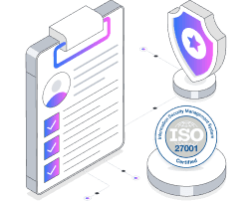
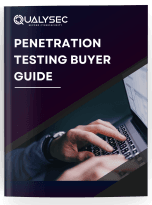







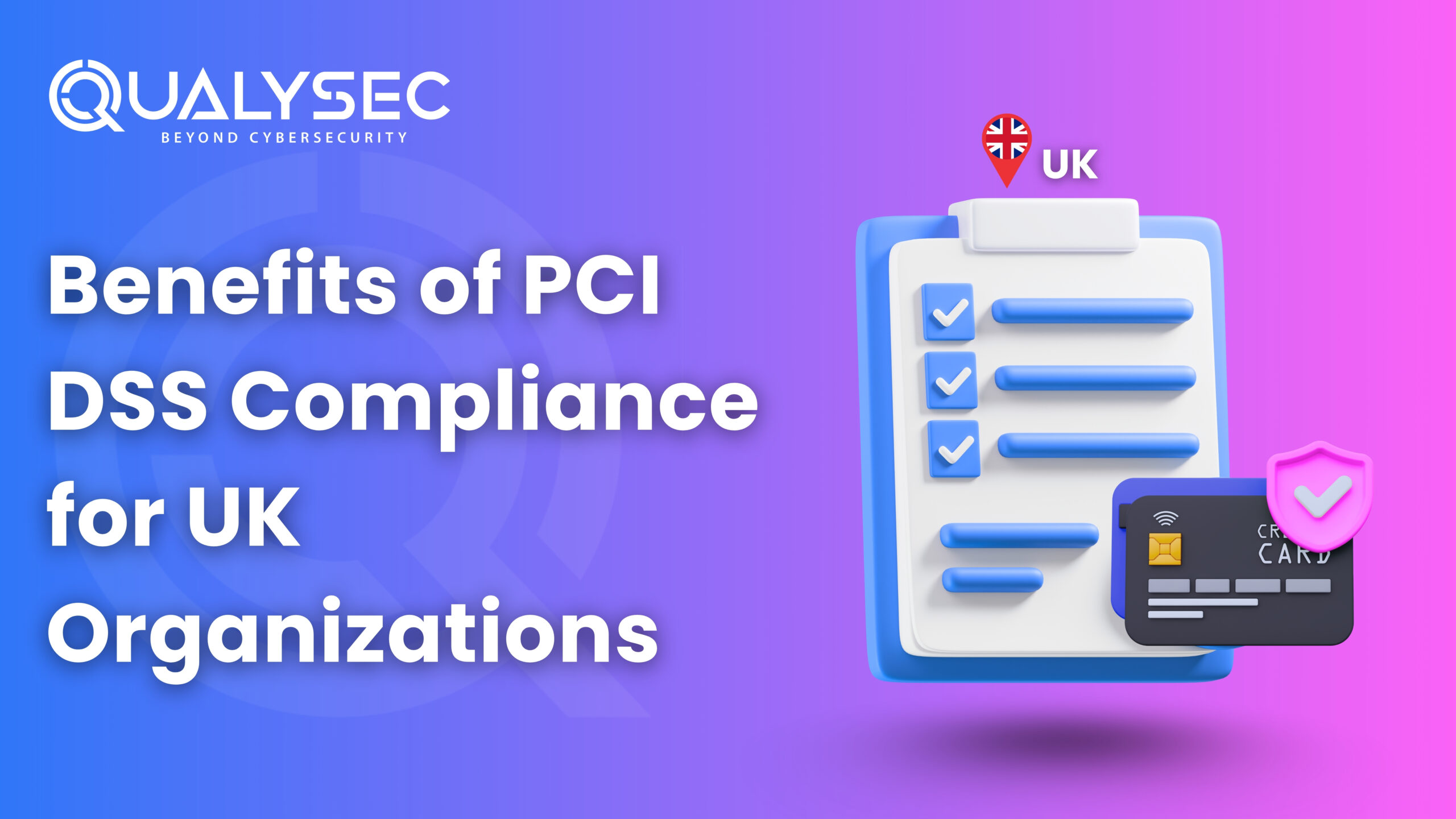
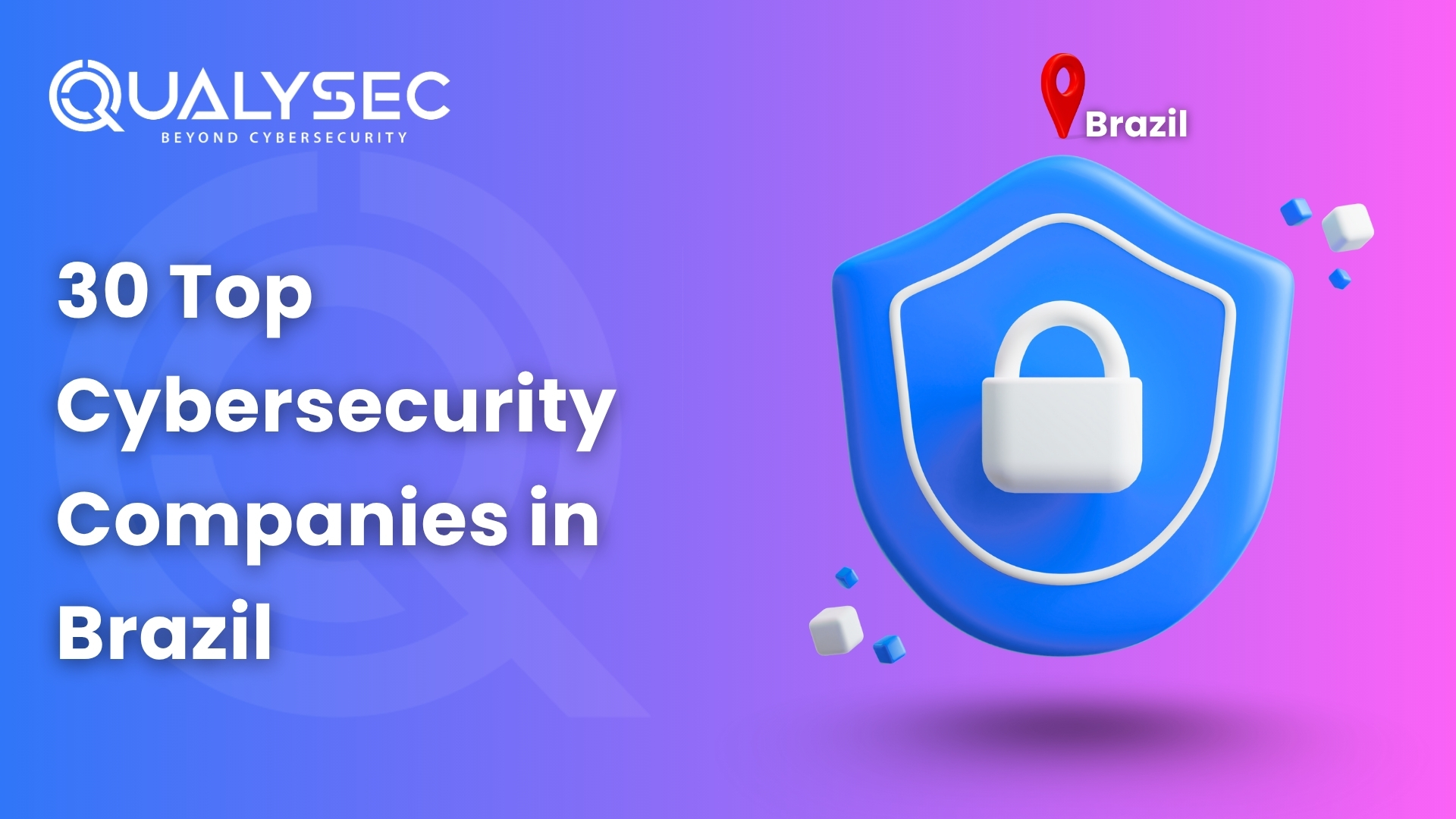
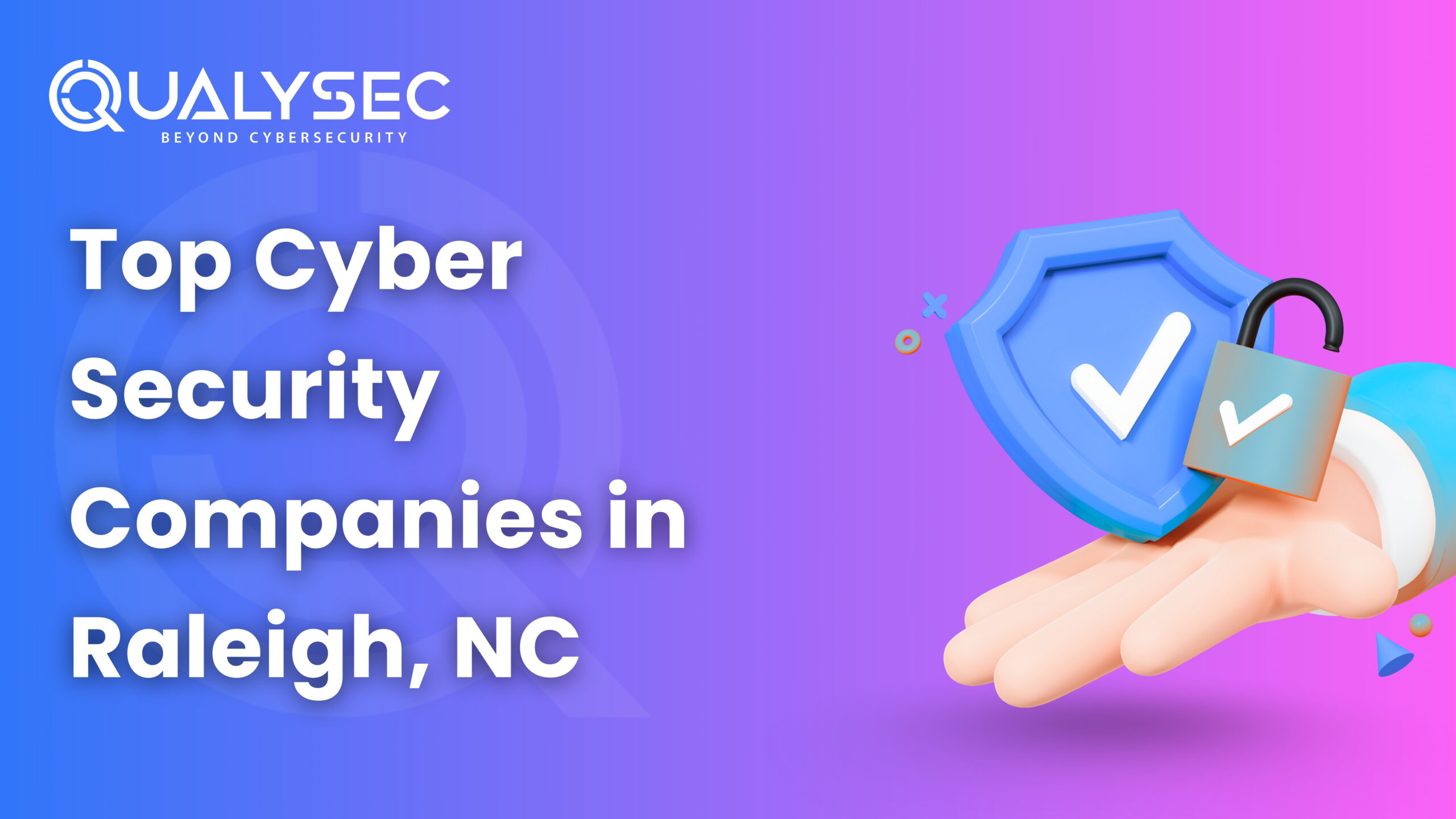
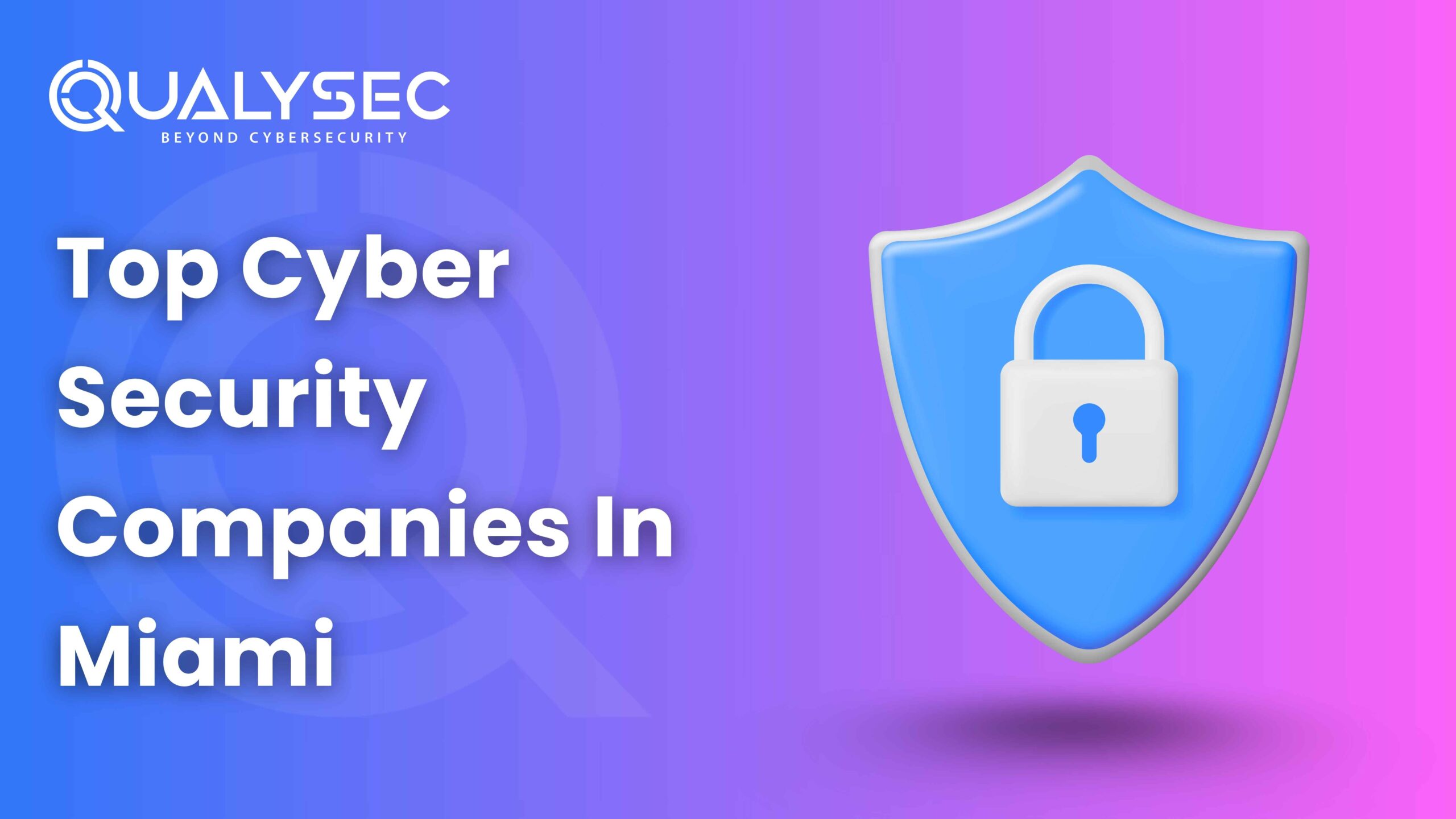

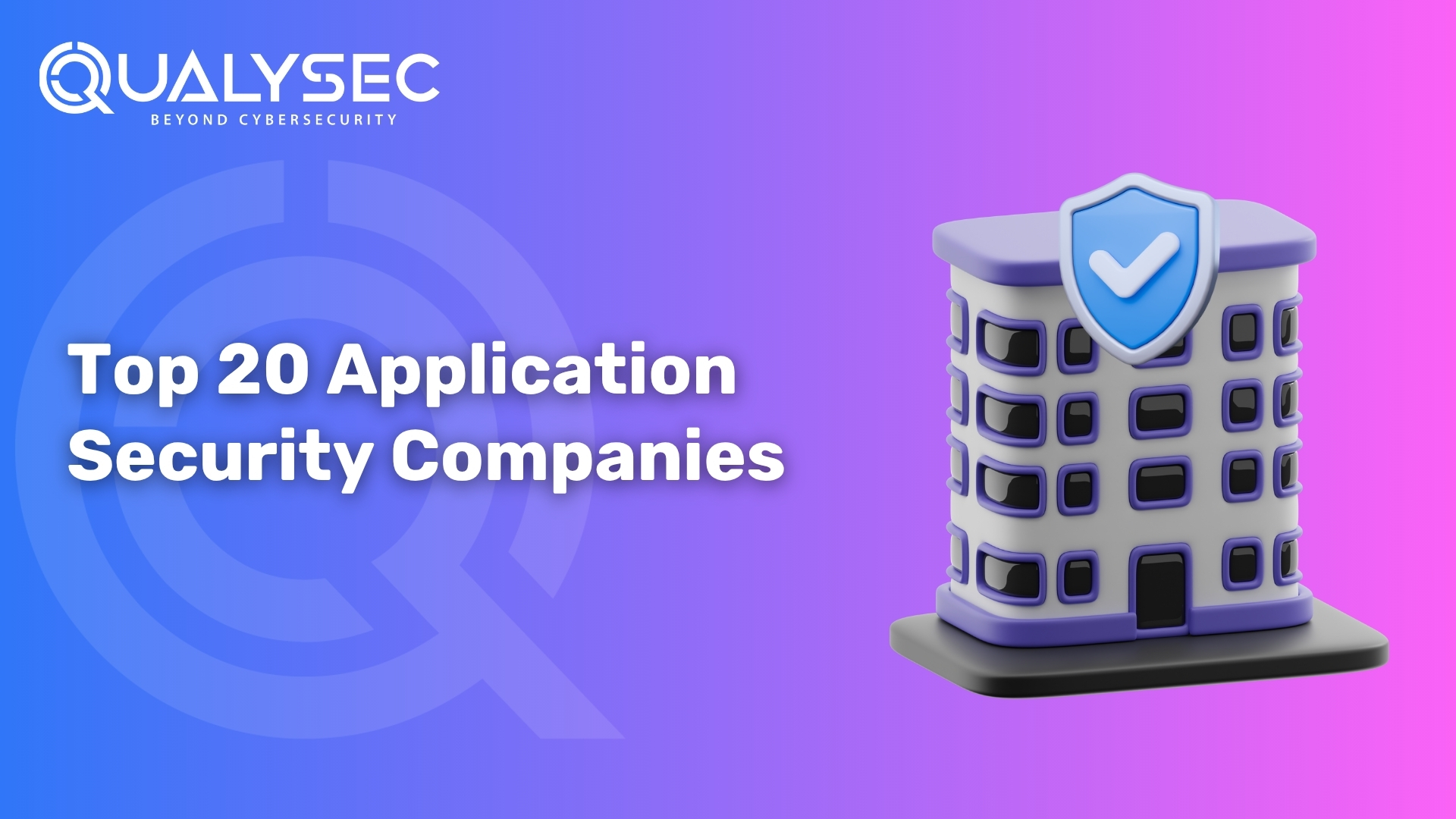
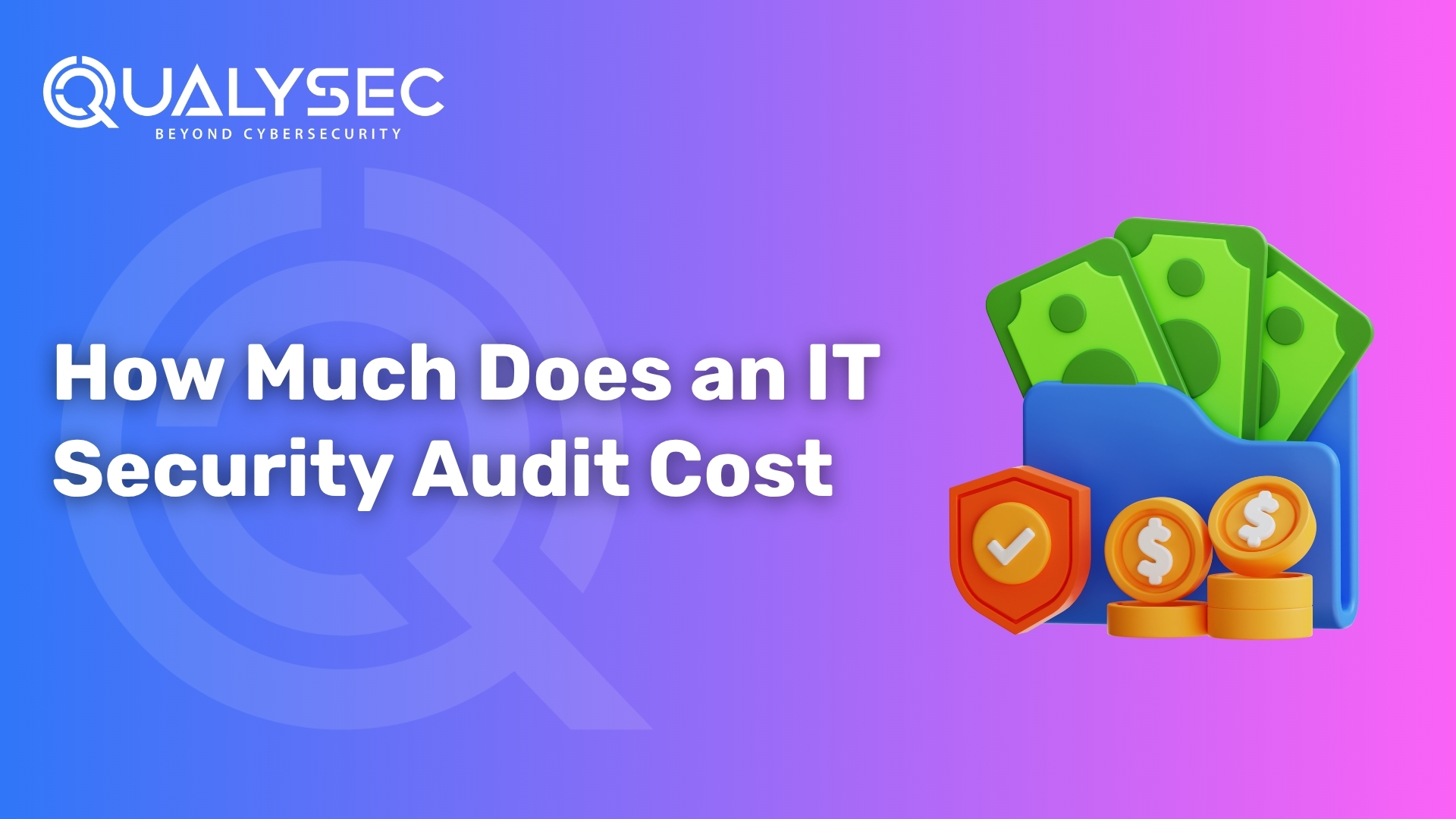
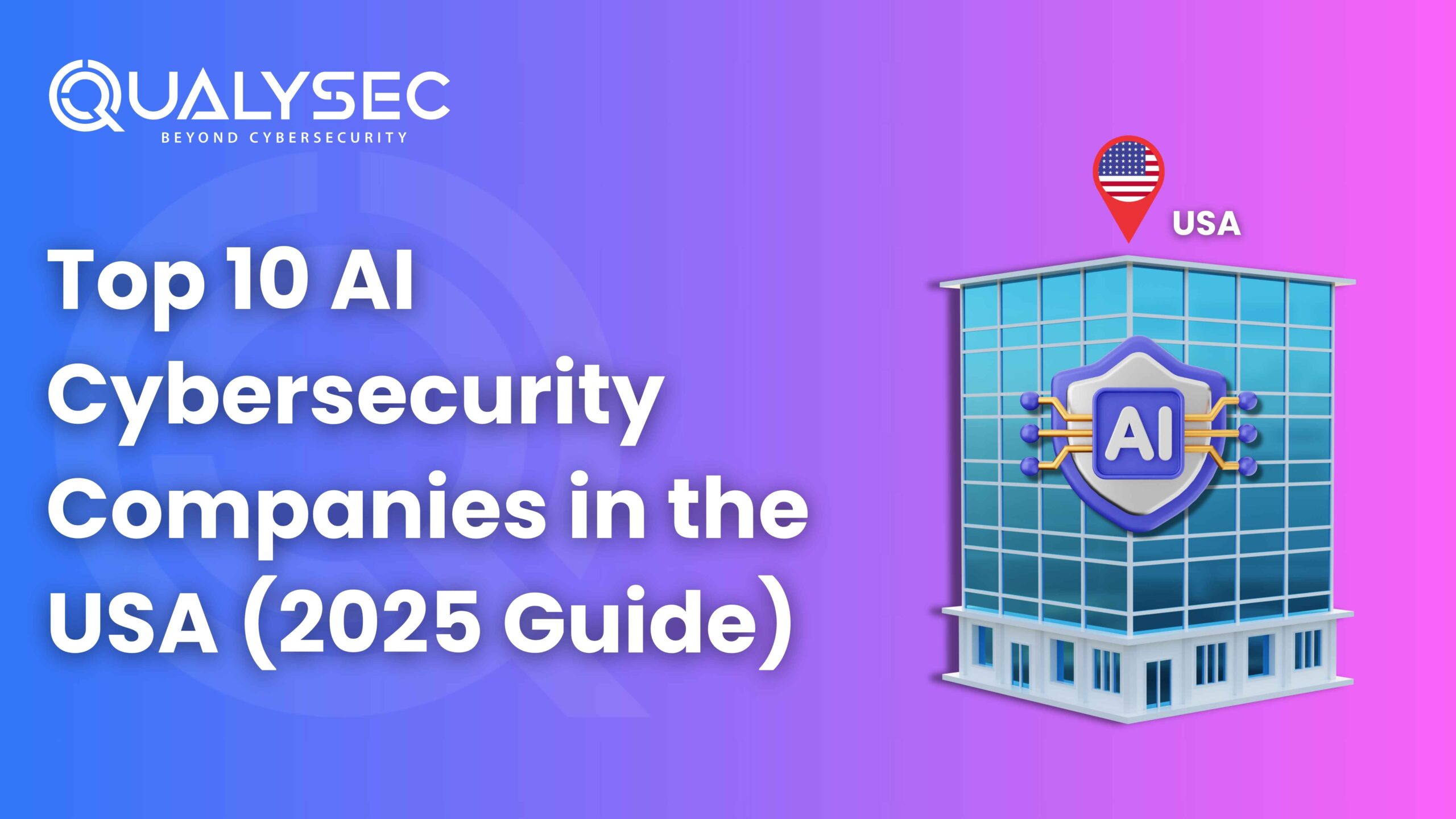
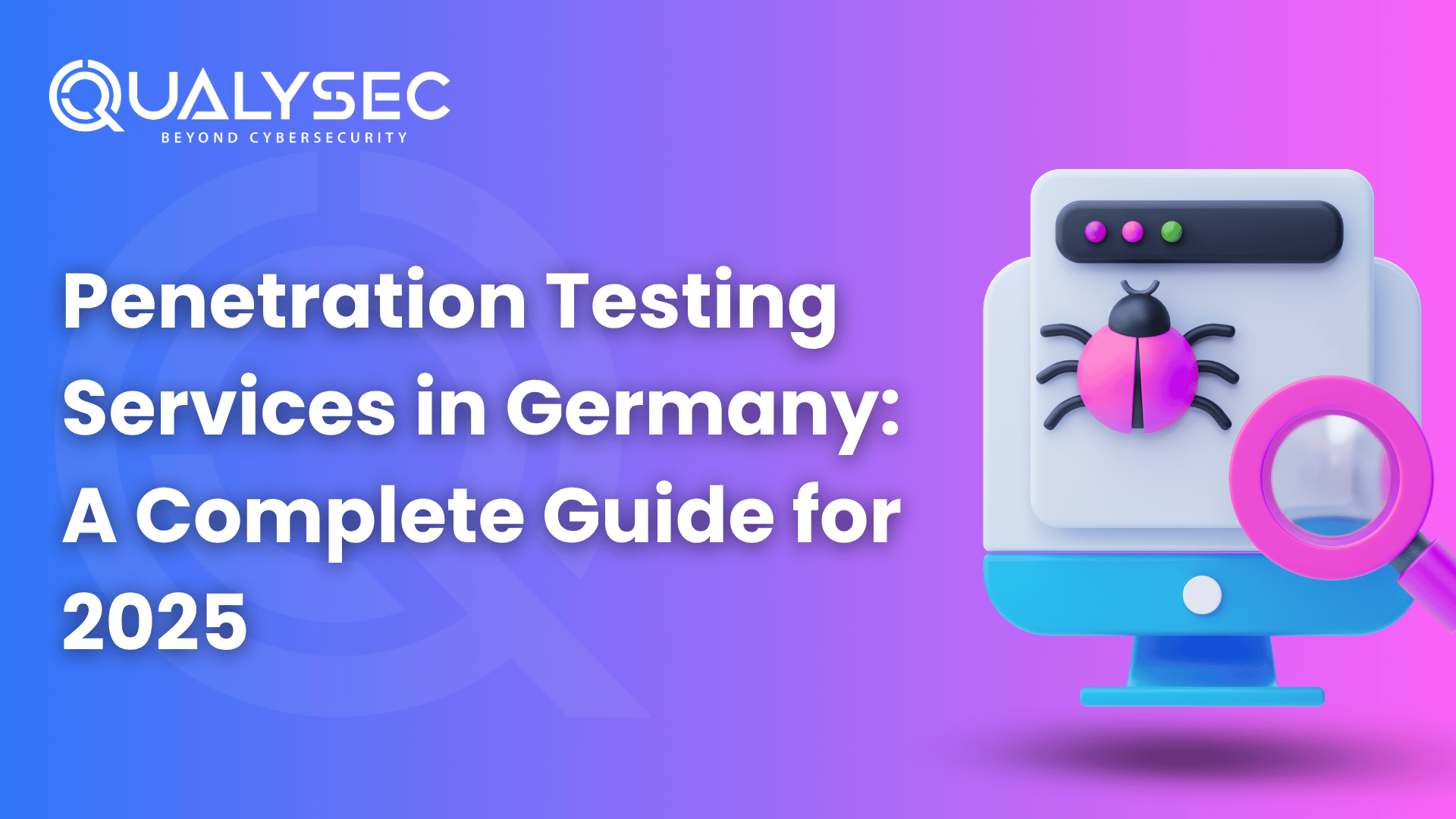
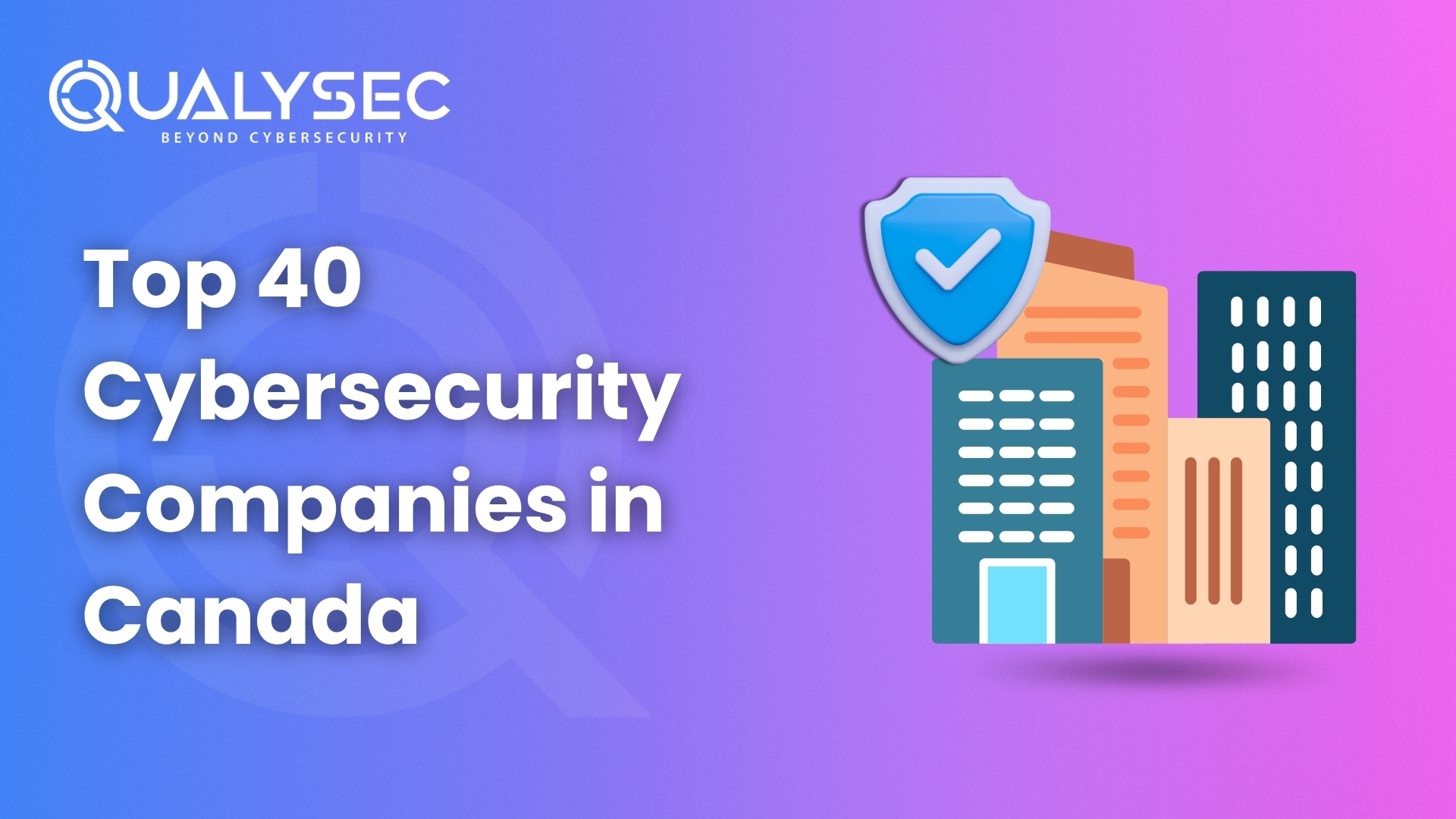
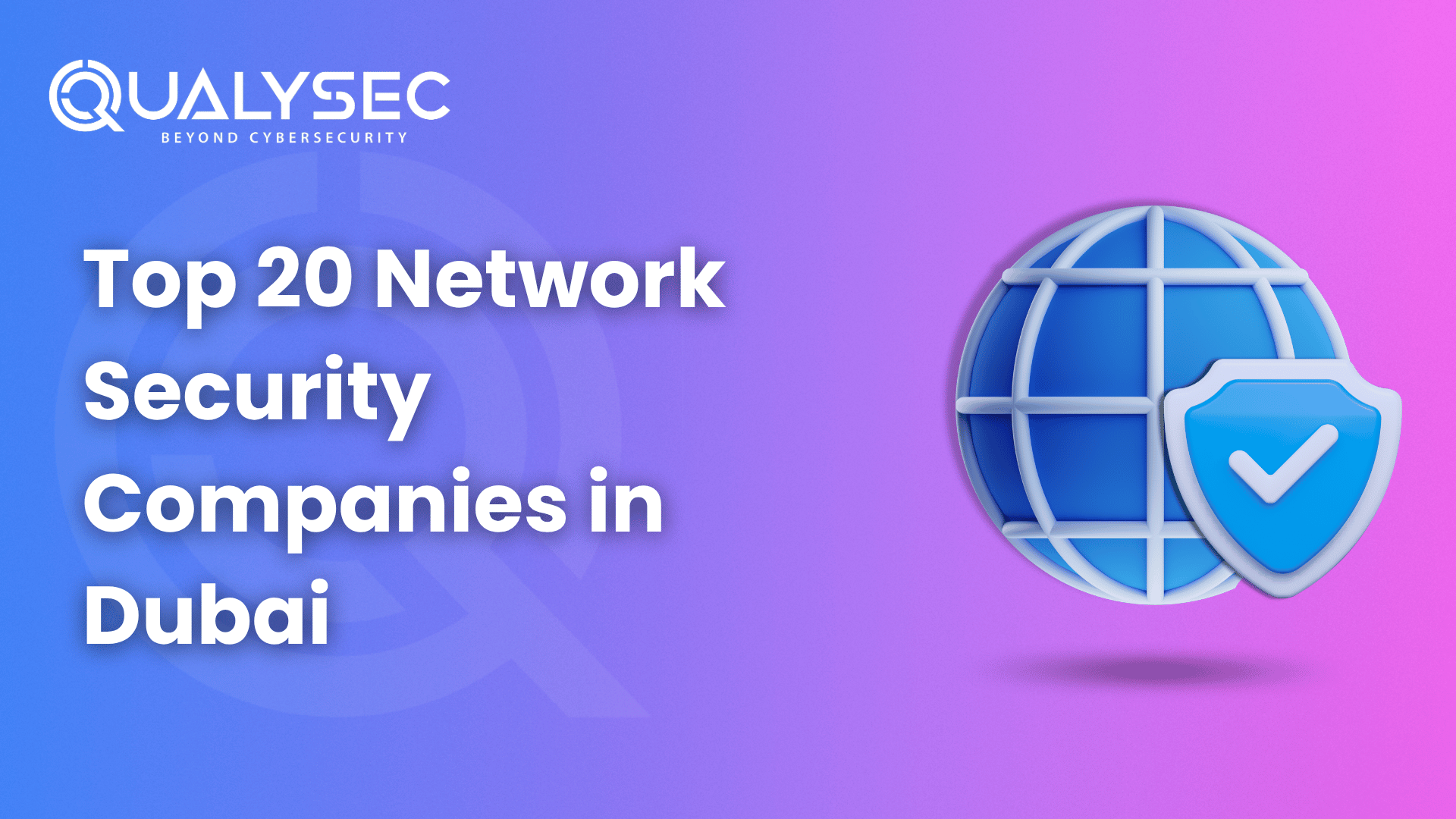
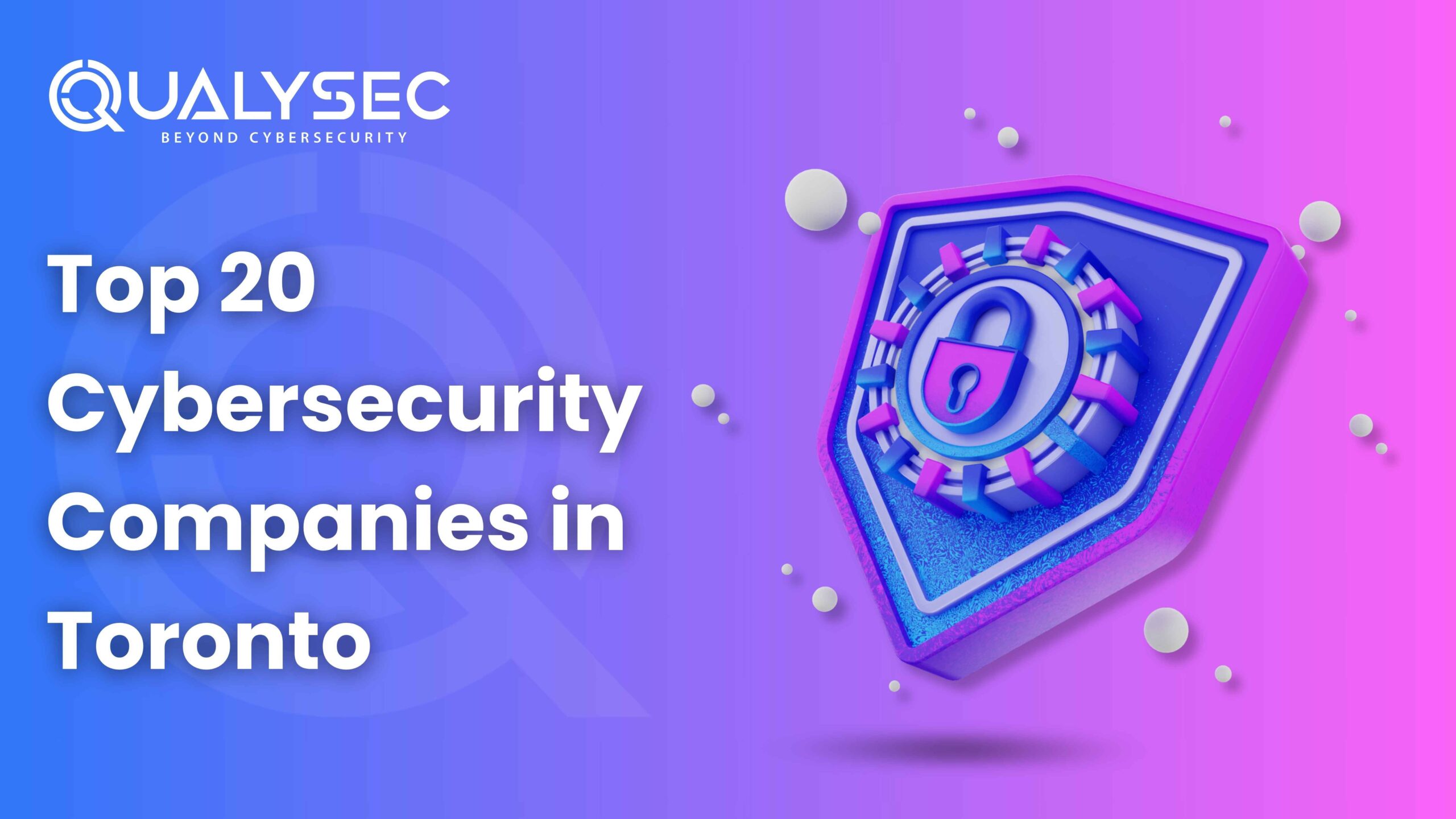
![Top 20 Network Security Companies in USA [2025 Updated List]](https://qualysec.com/wp-content/uploads/2025/05/Top-20-Network-Security-Companies-in-USA-2025-Updated-List-scaled.jpg)
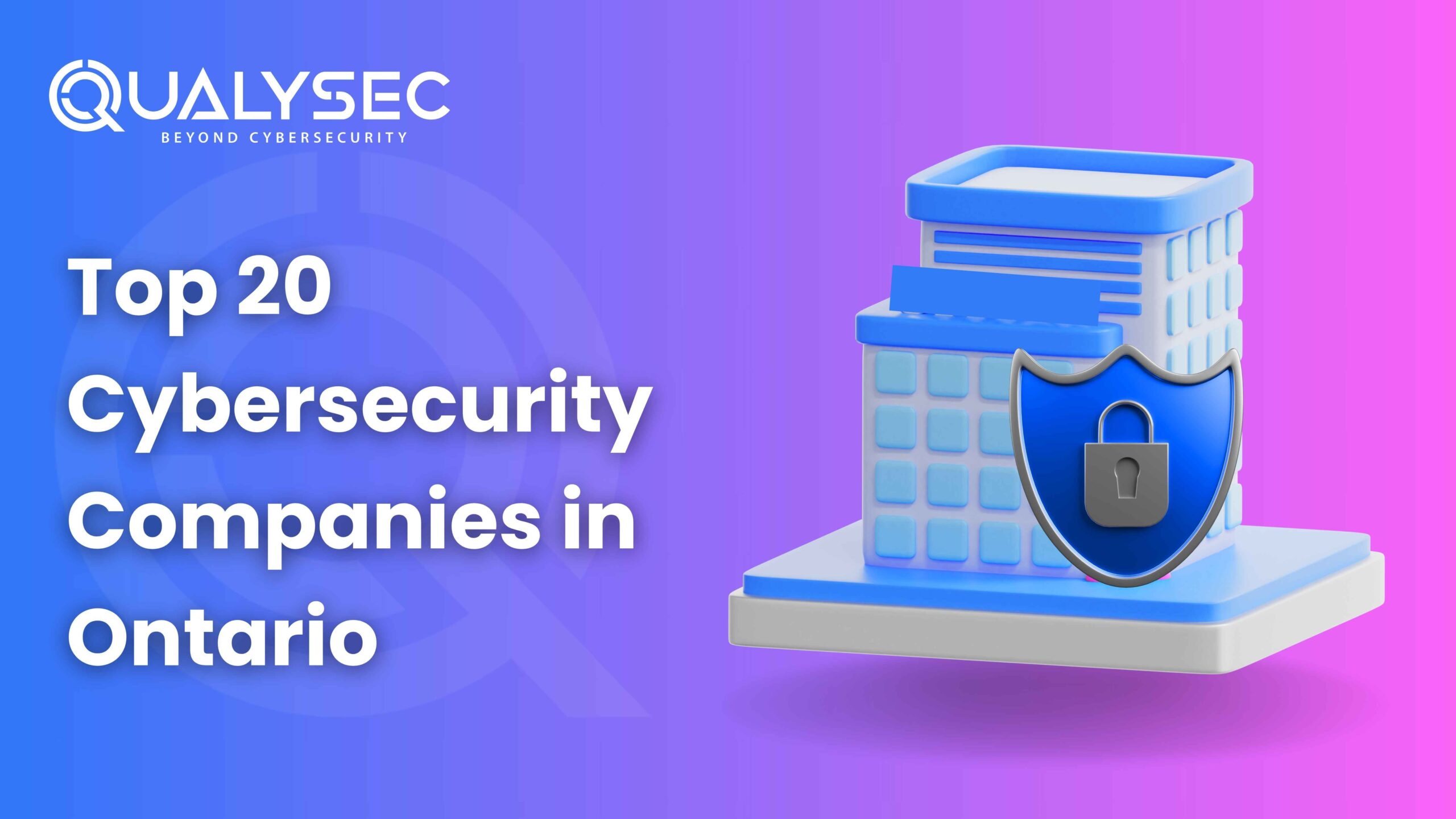
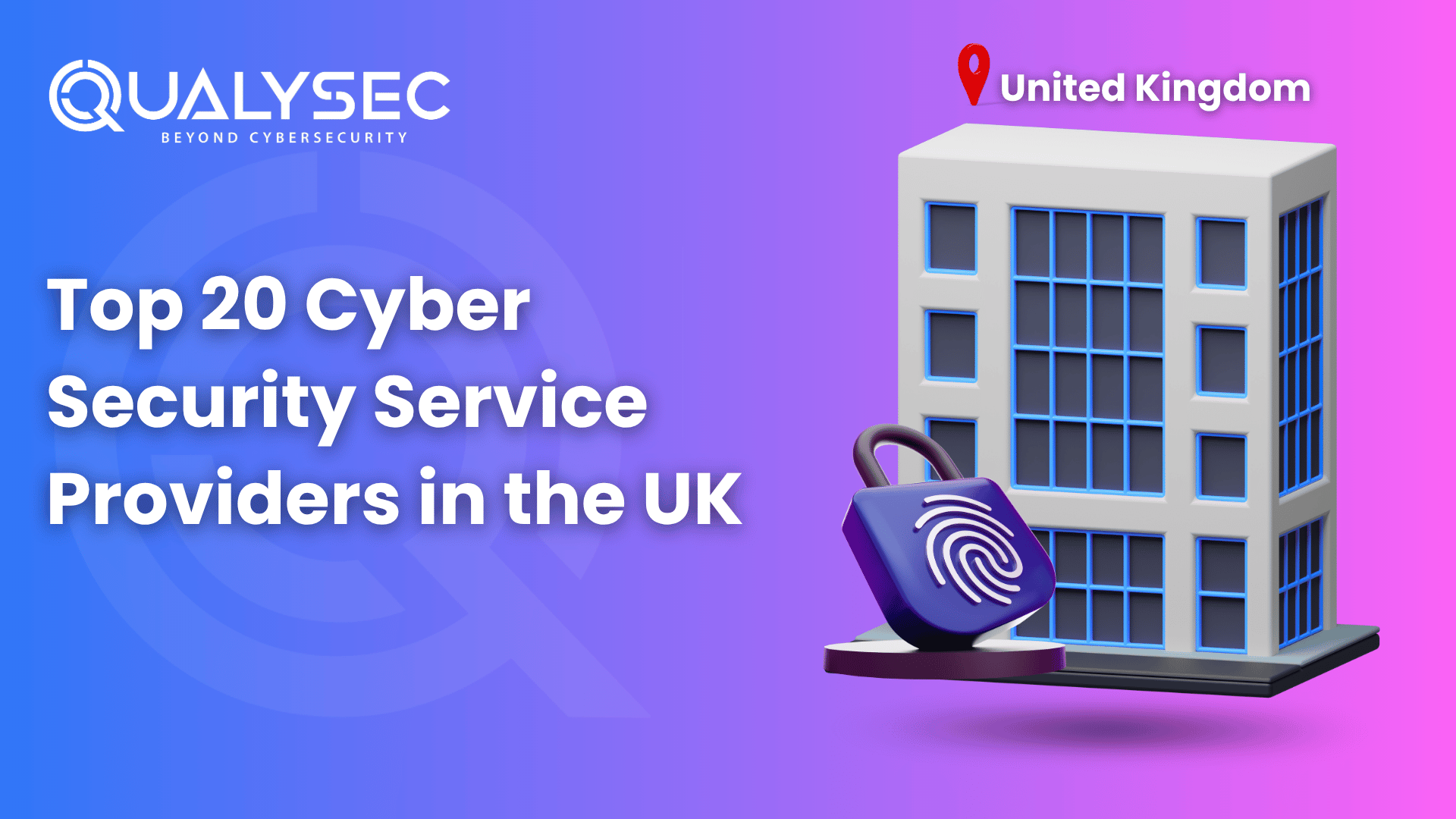
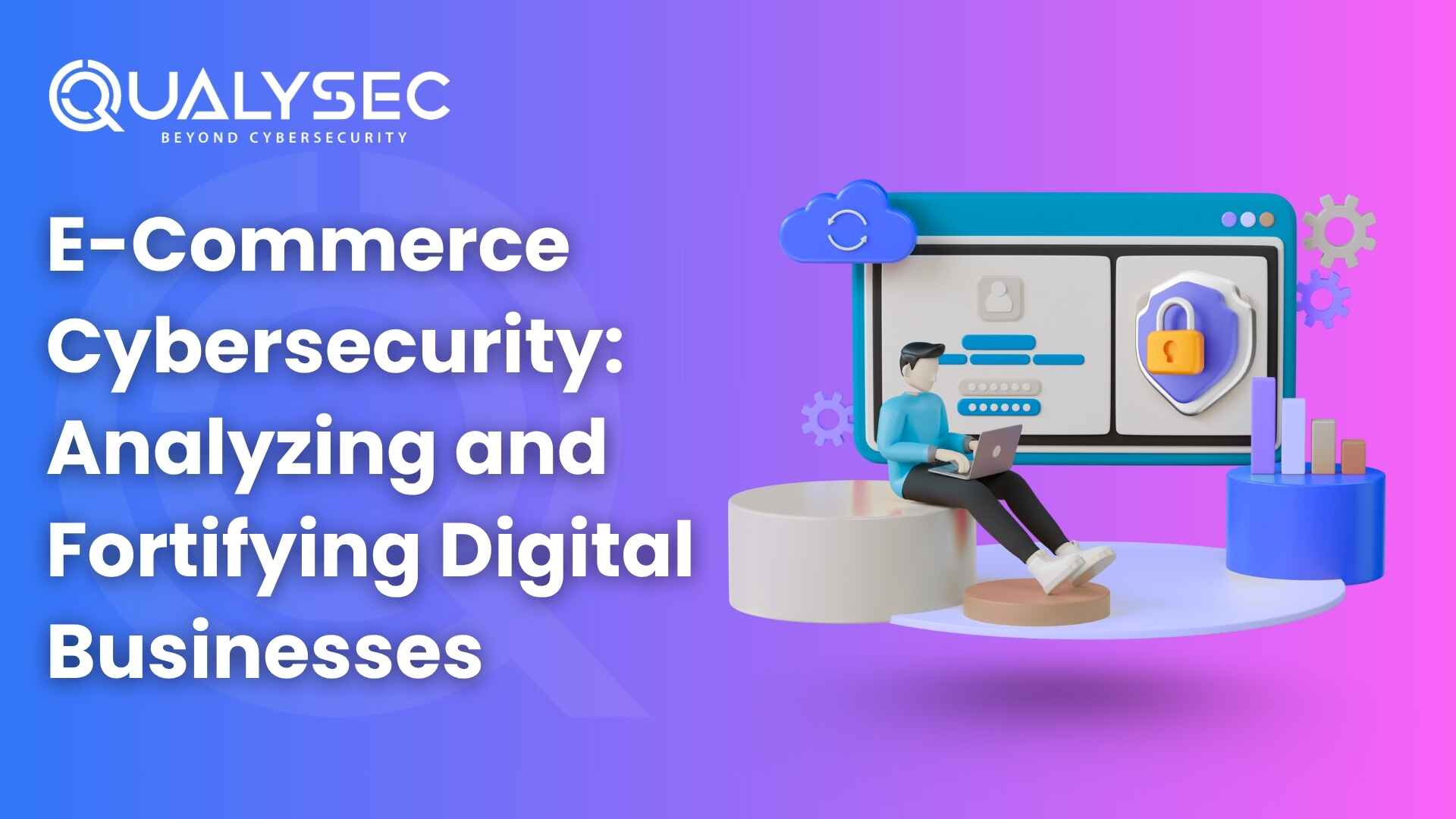
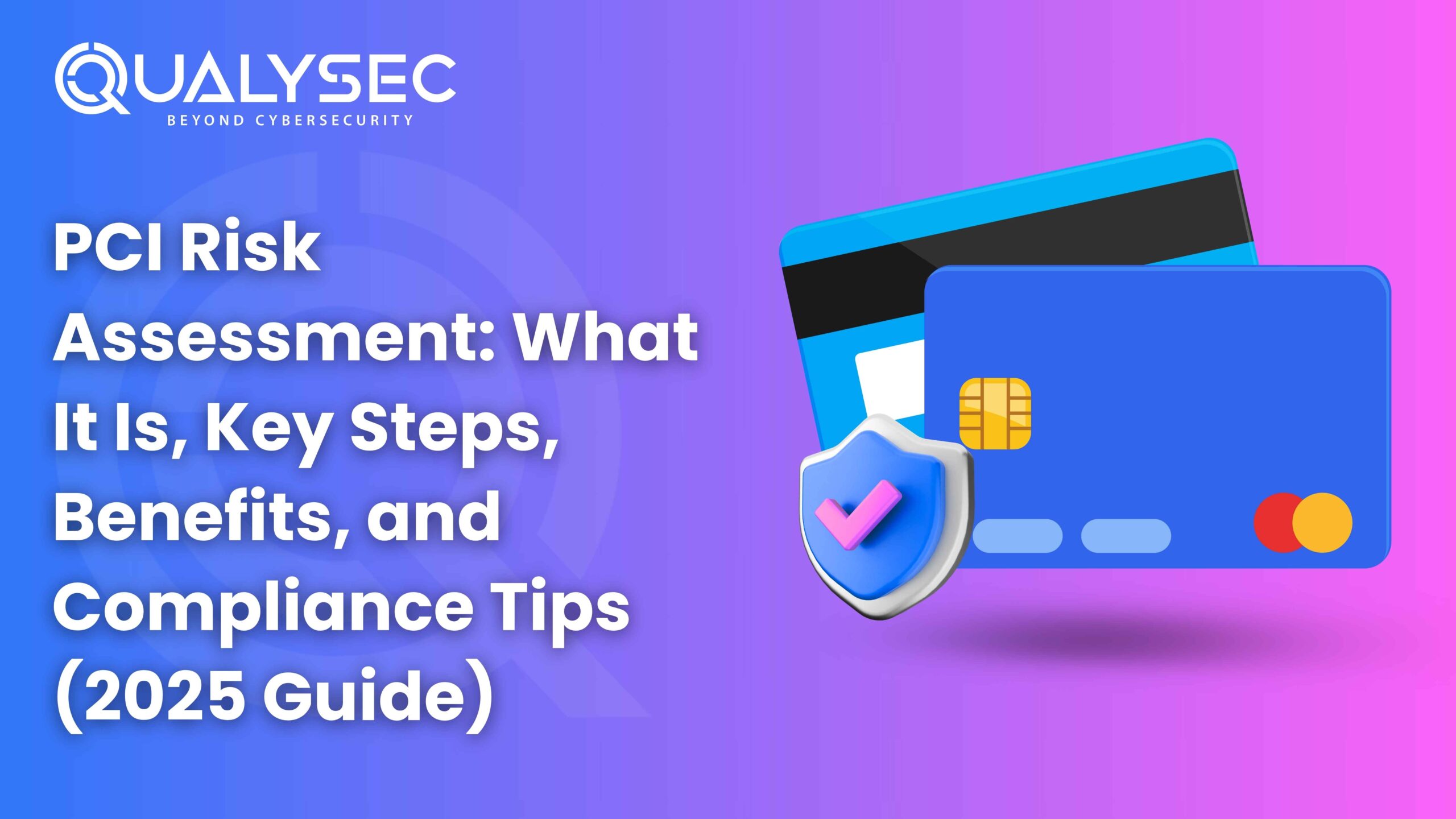
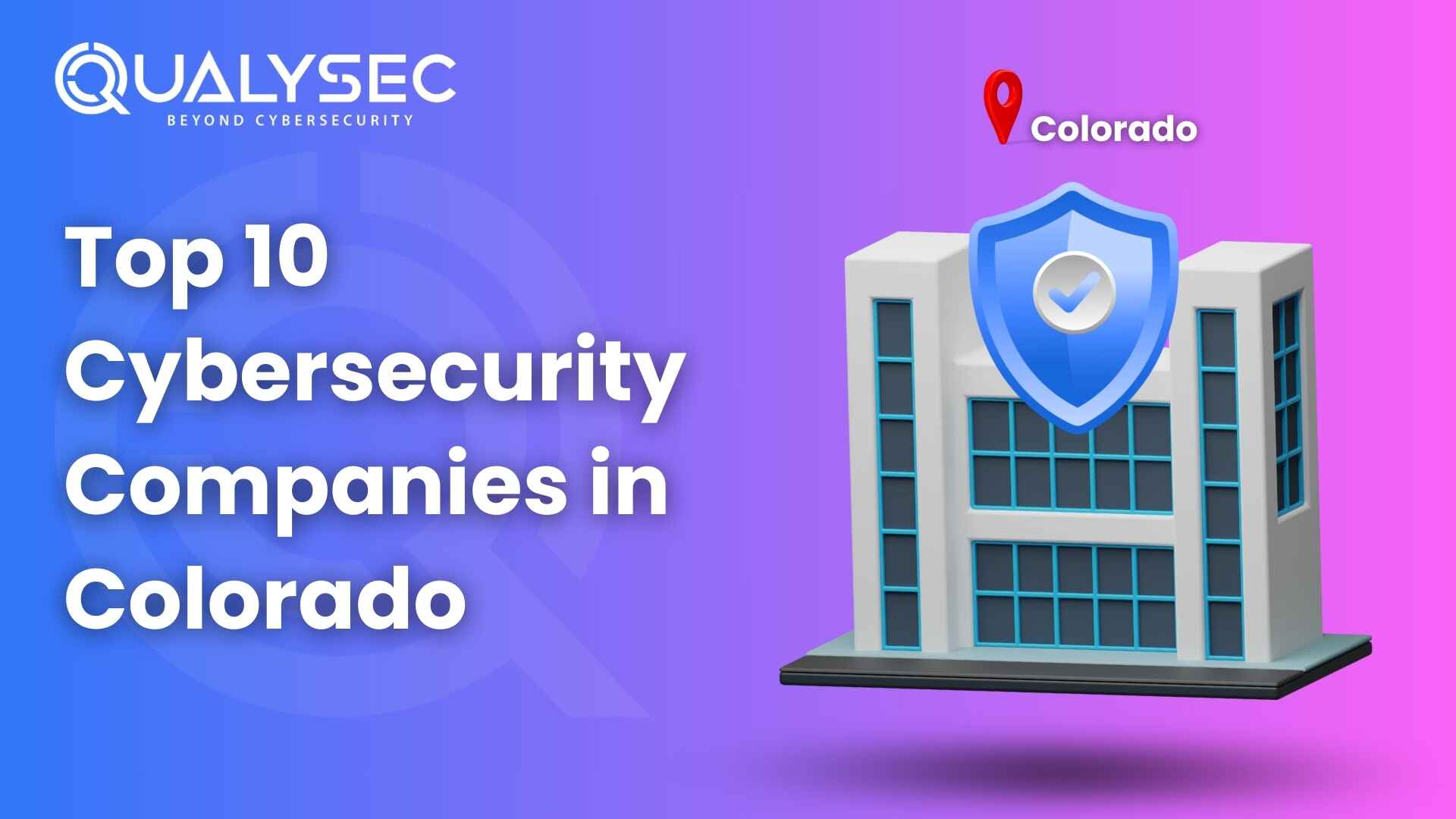































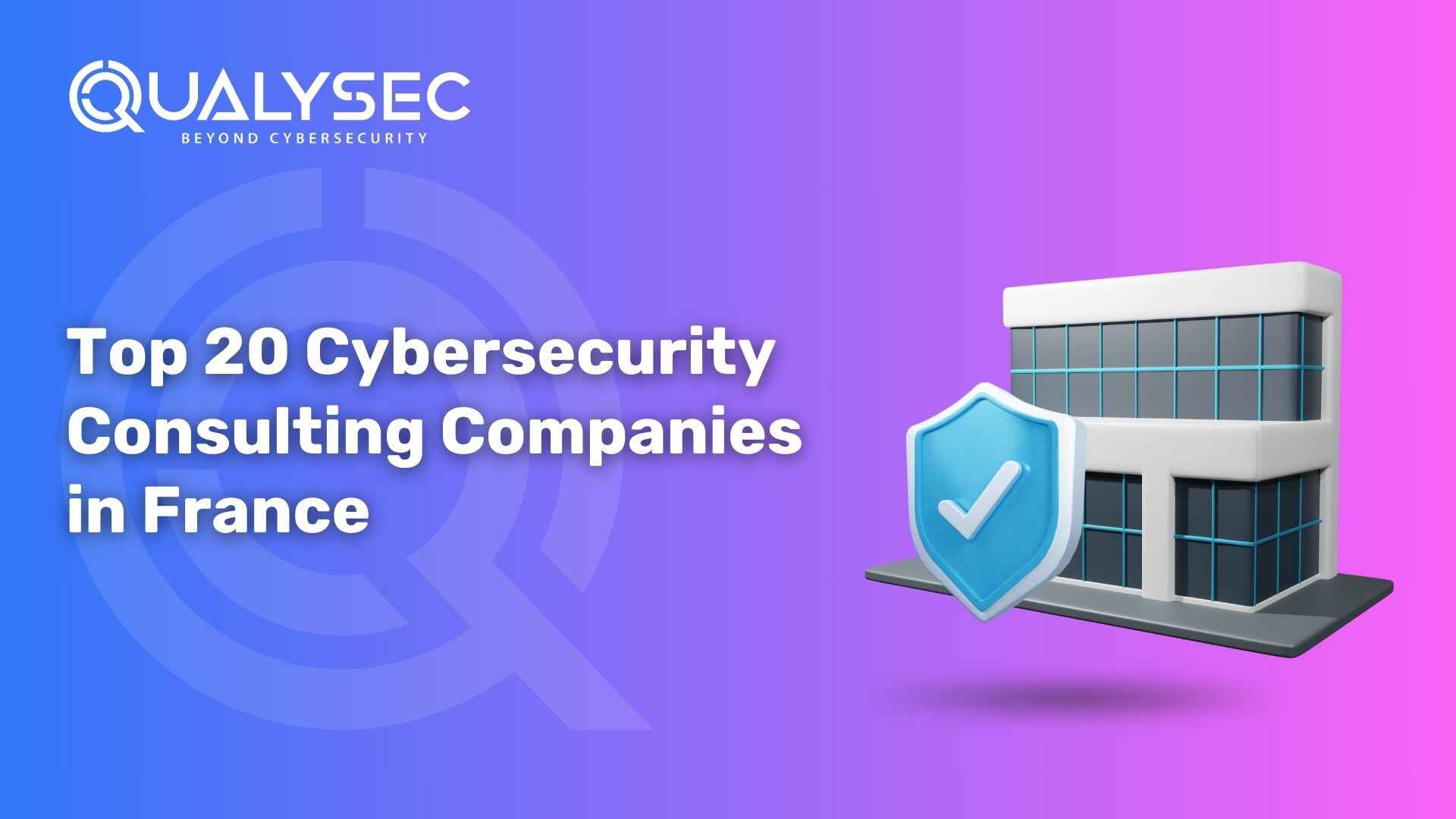












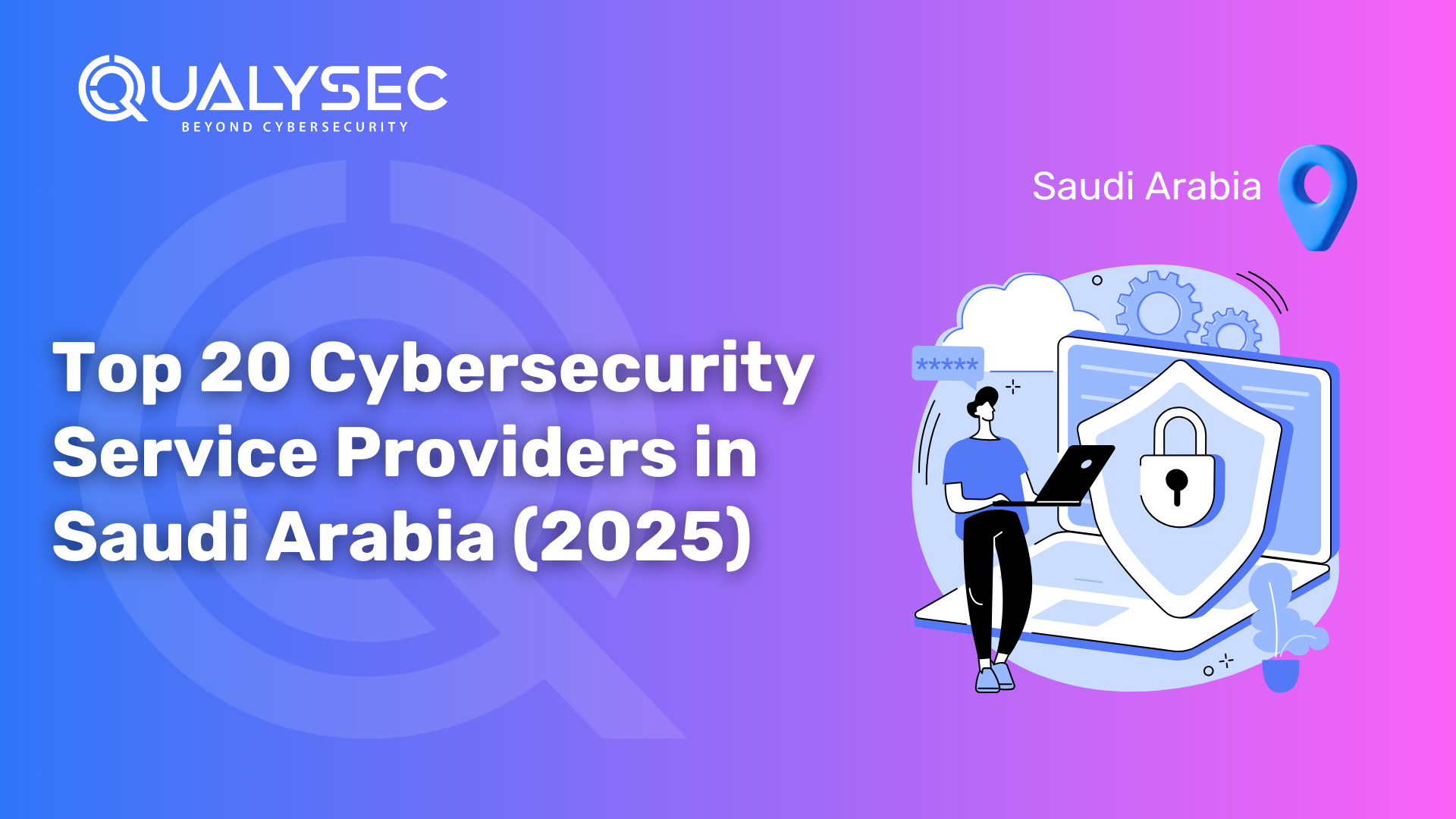
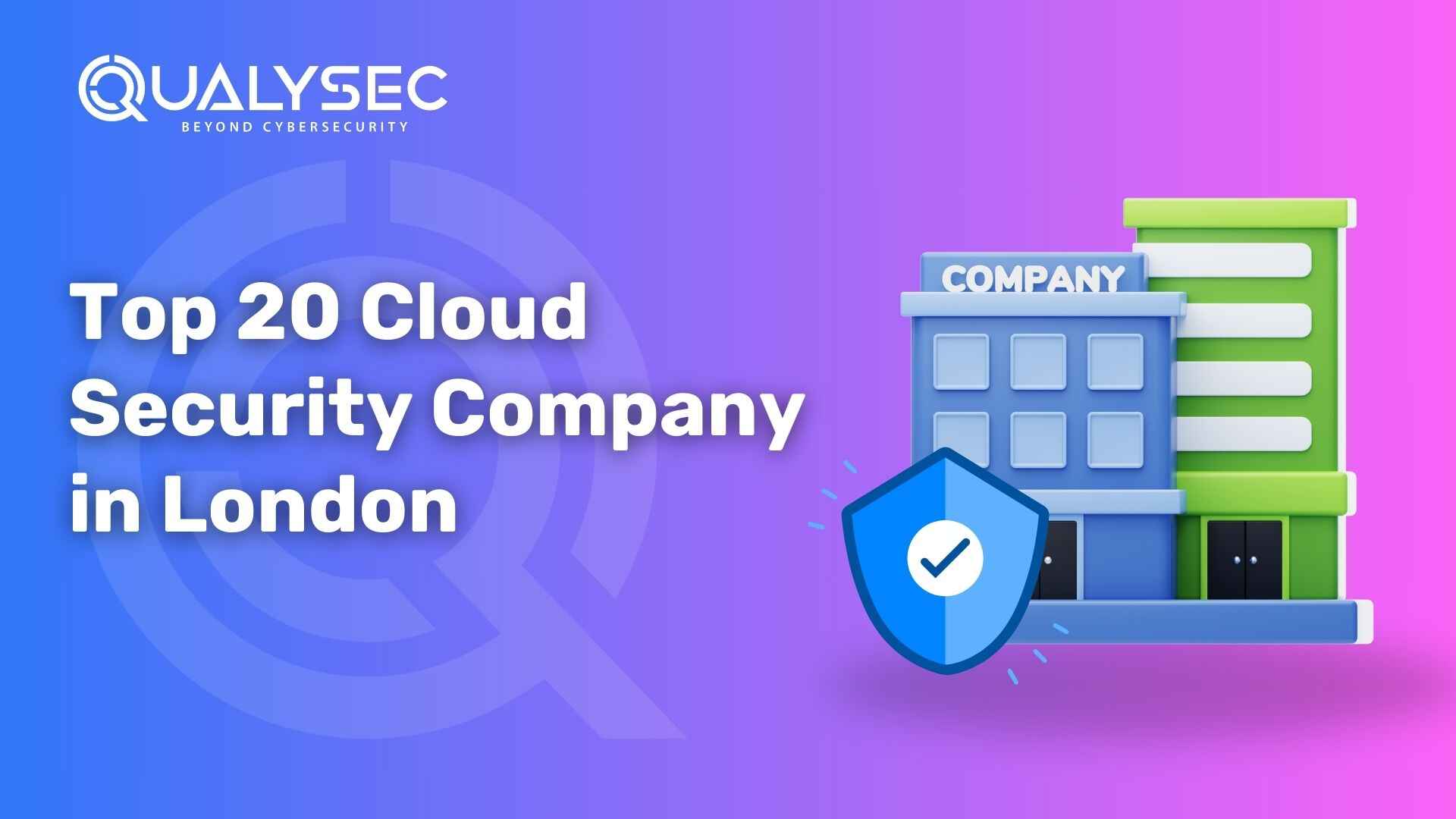









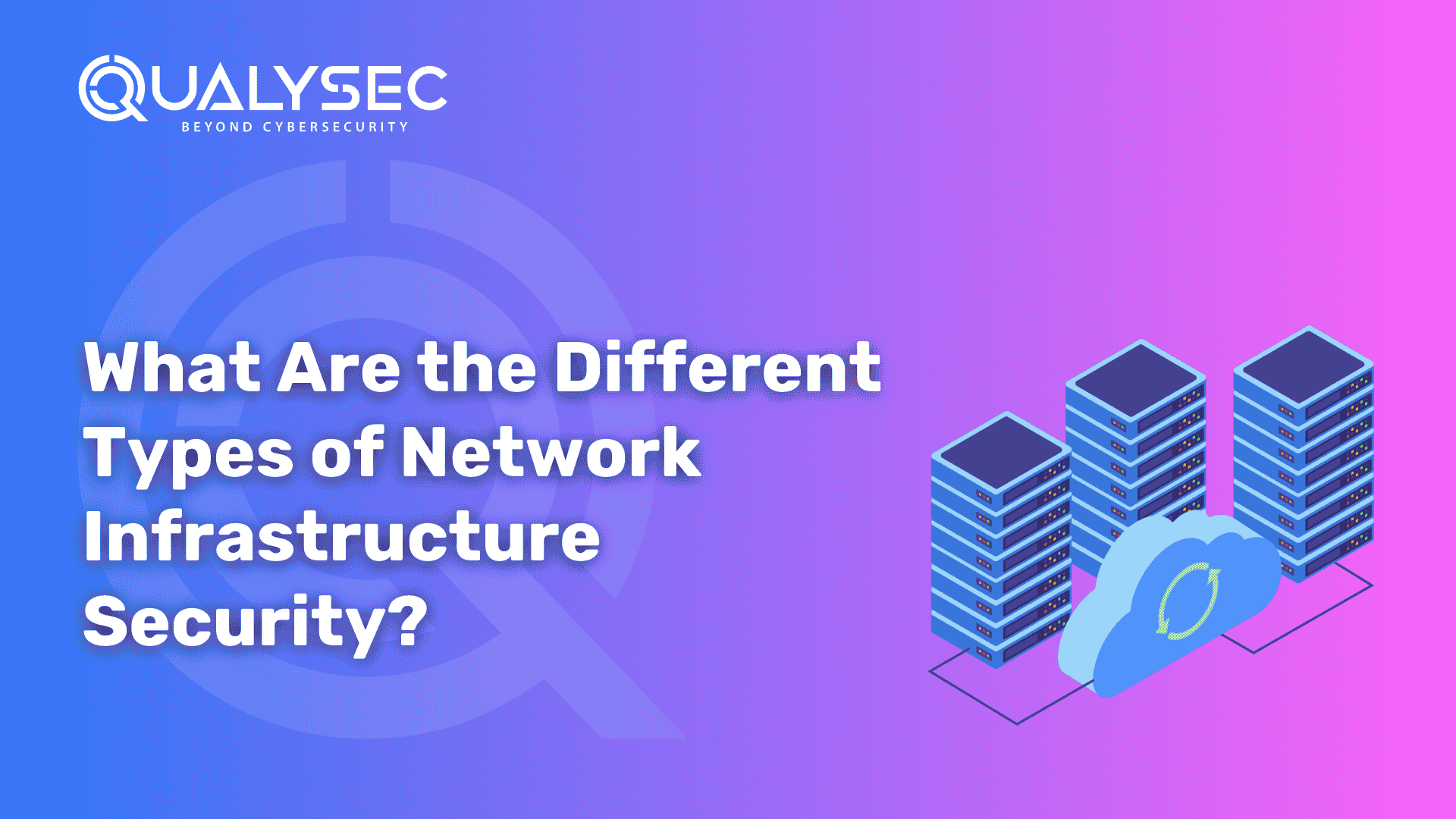








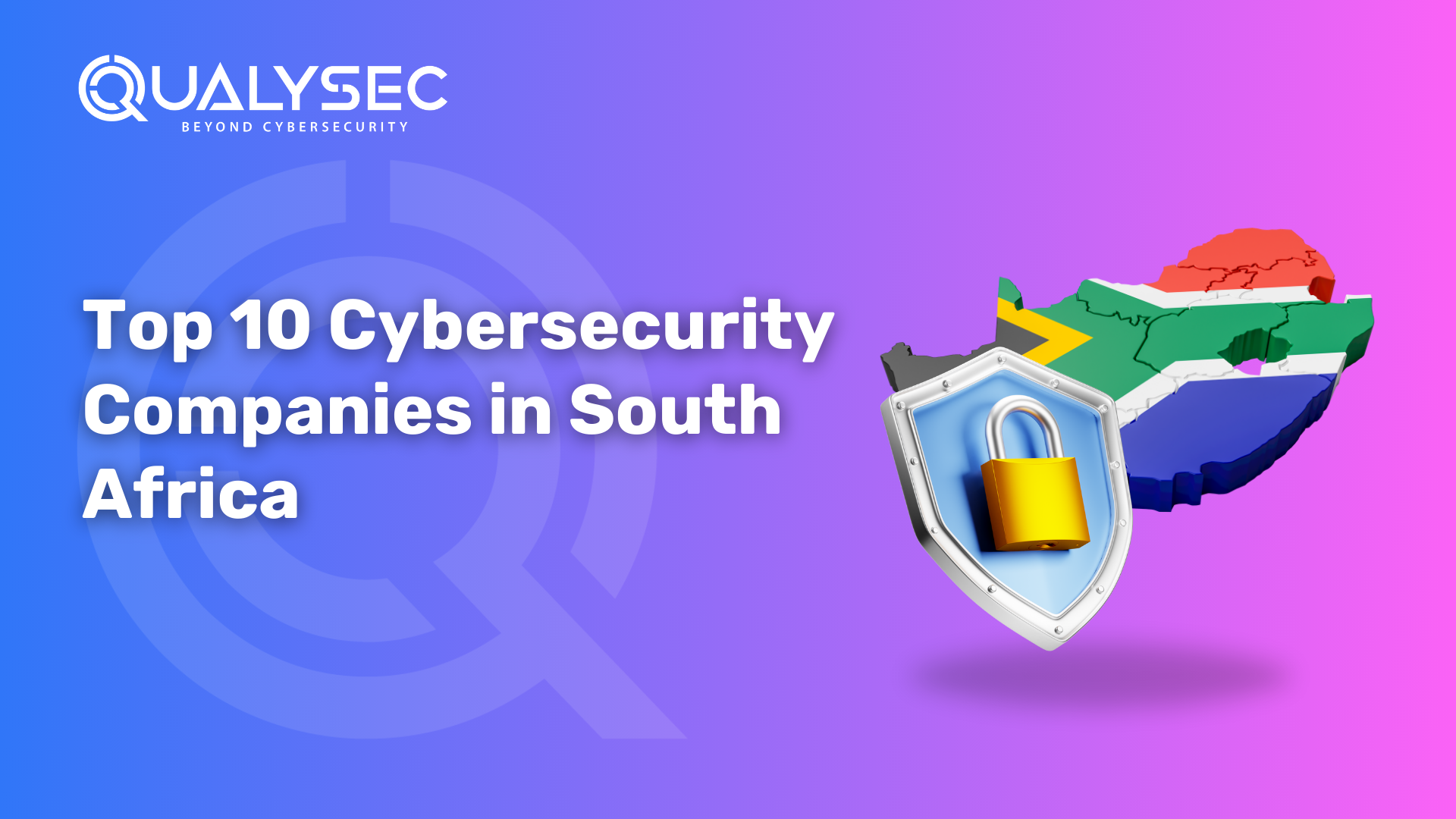







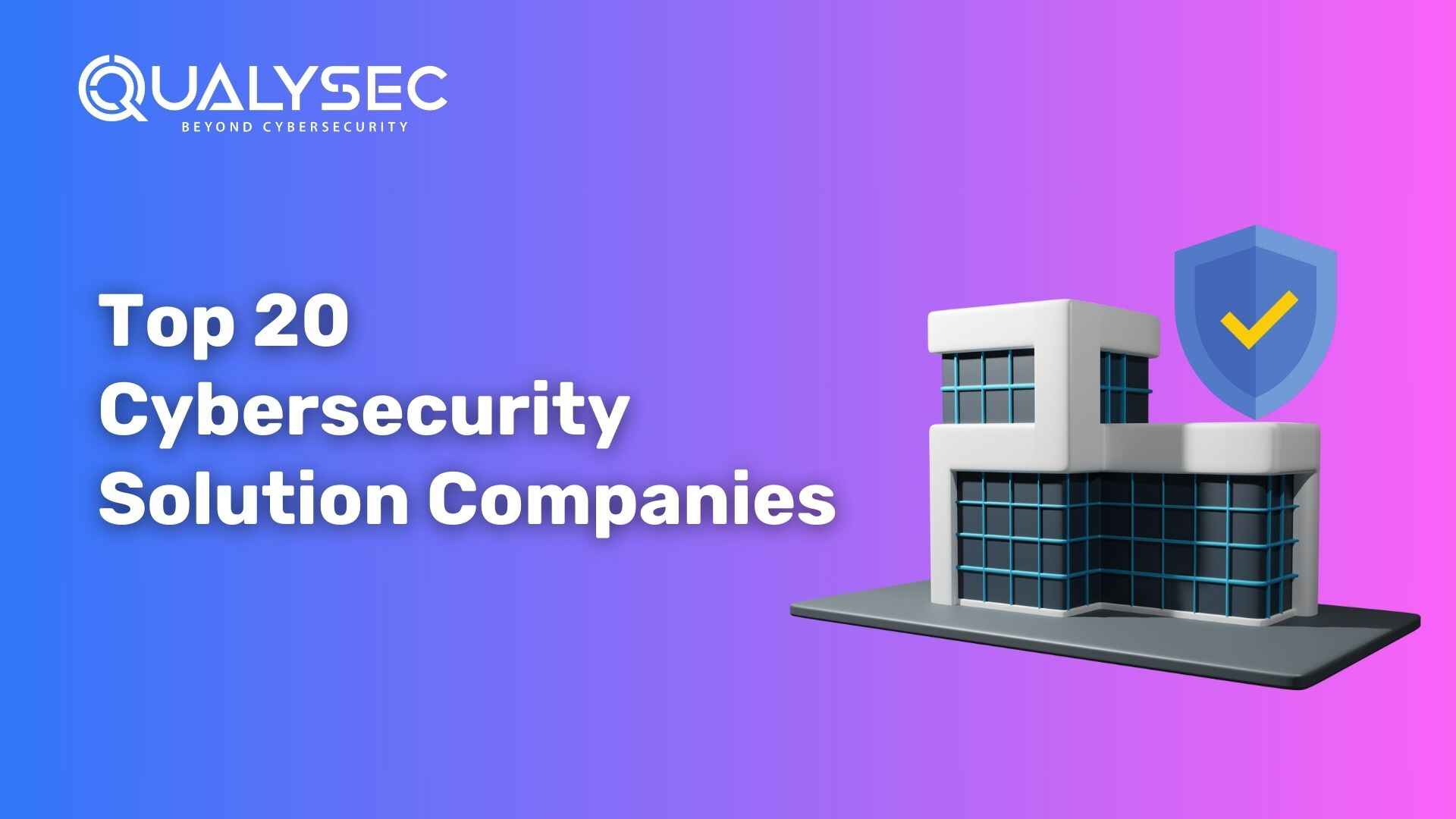























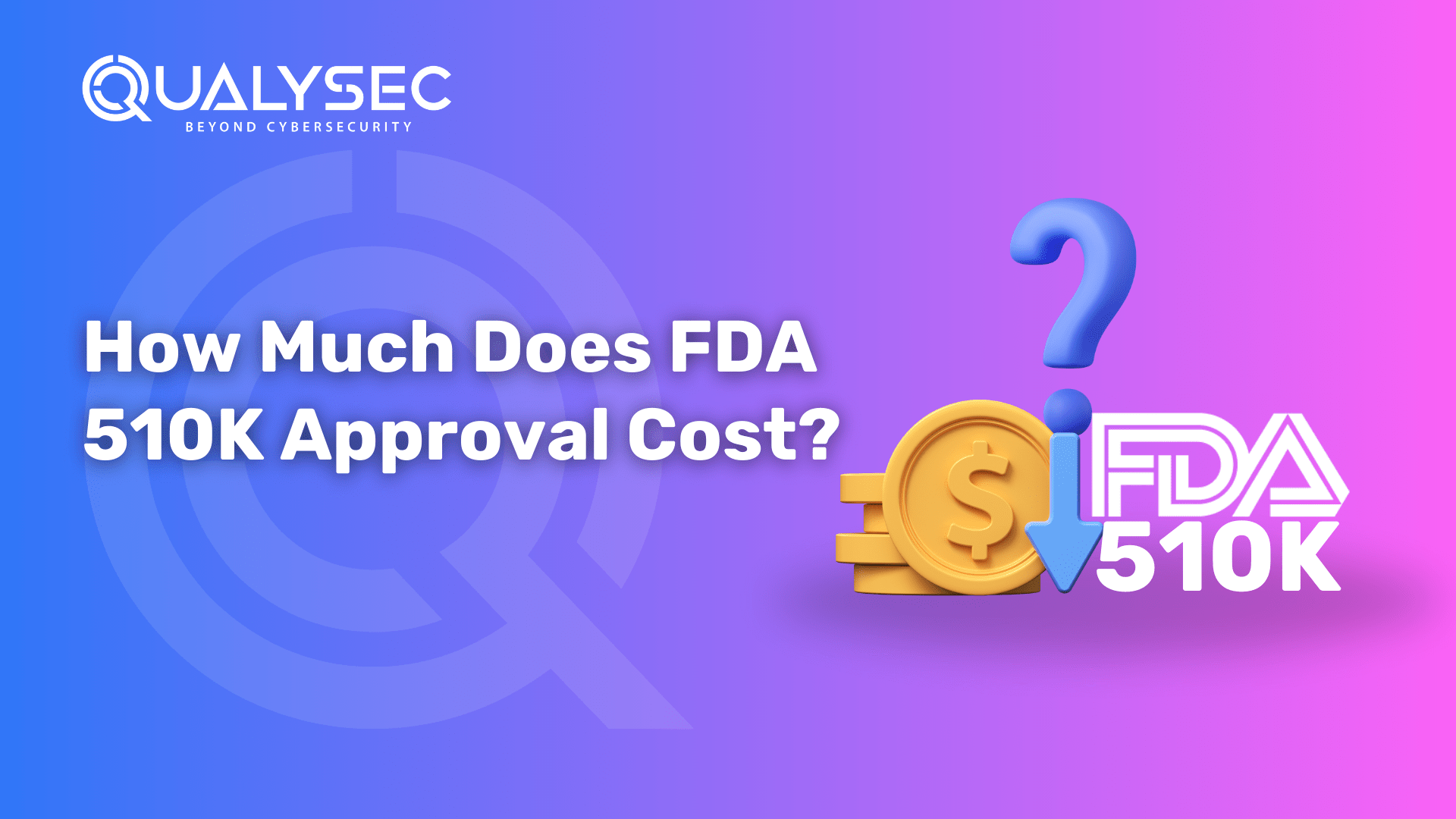
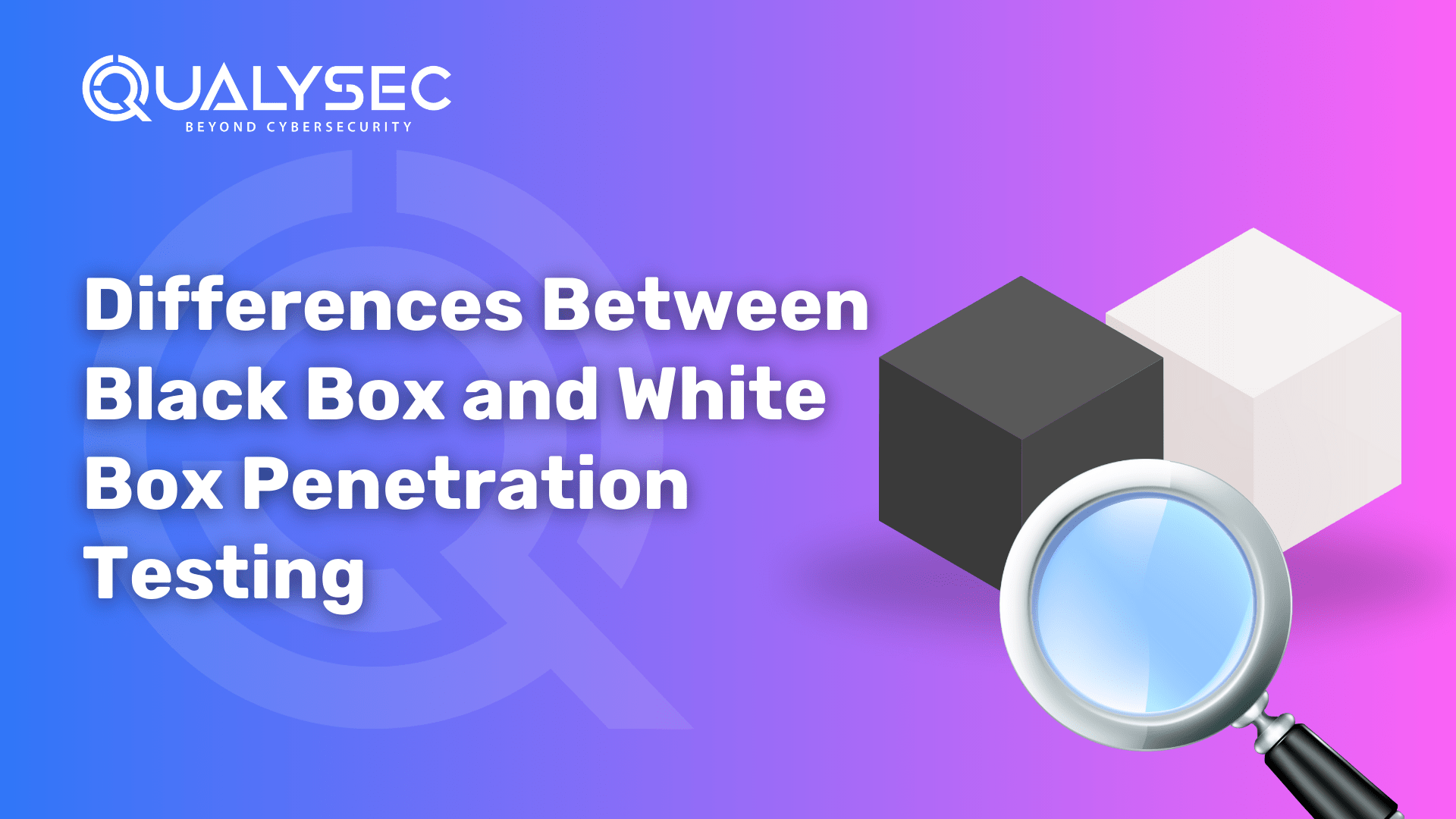











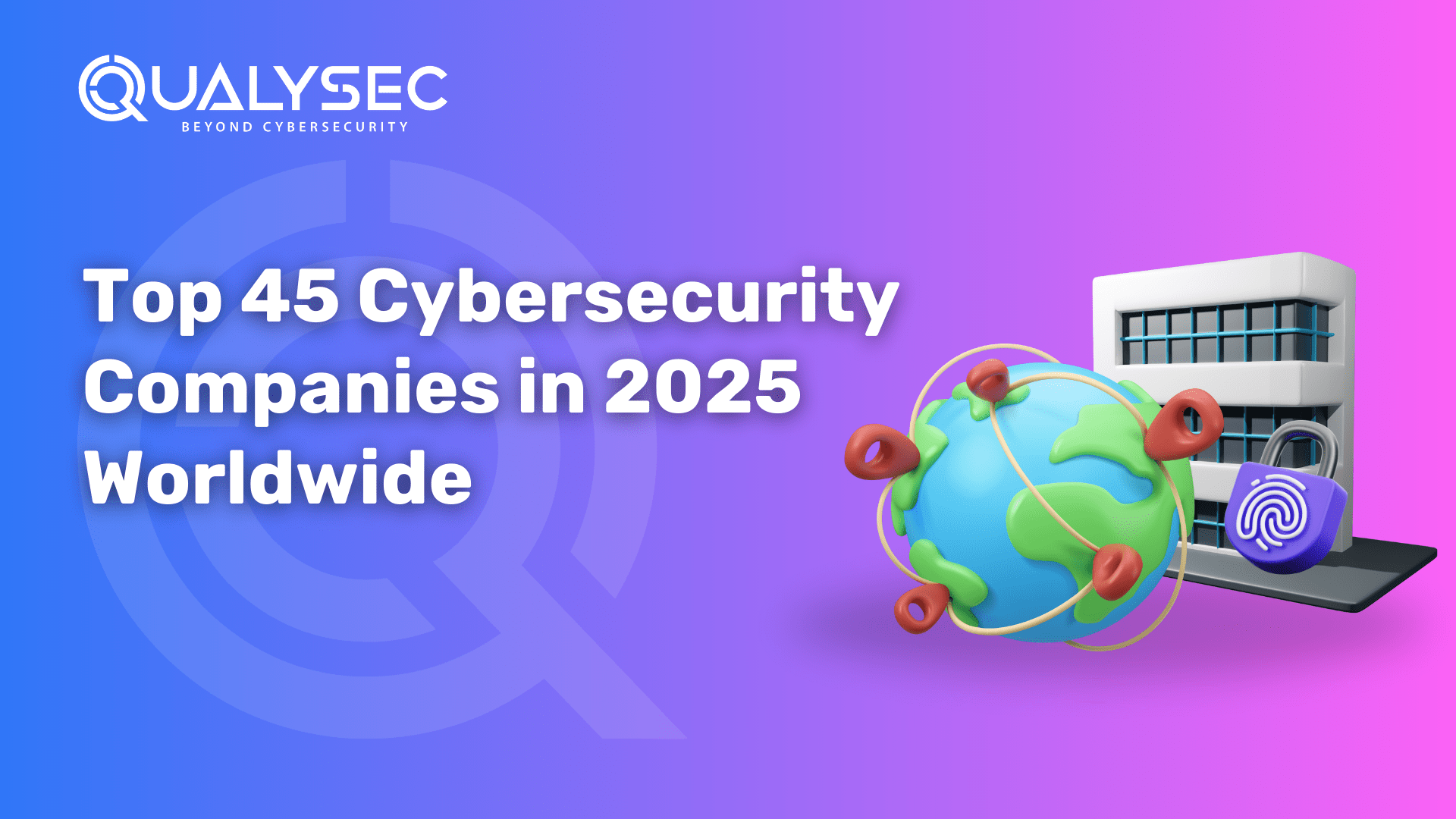












































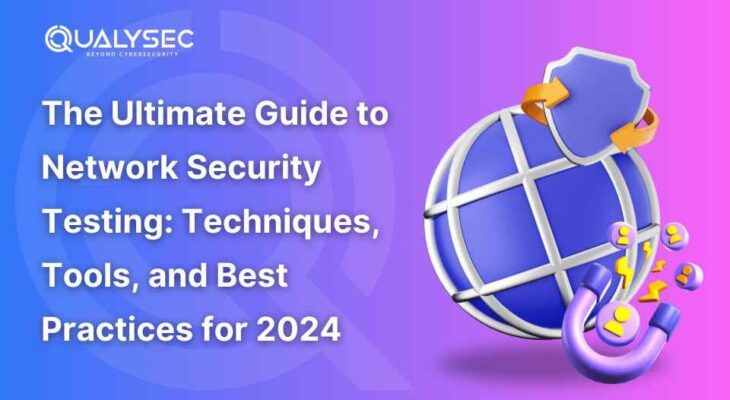






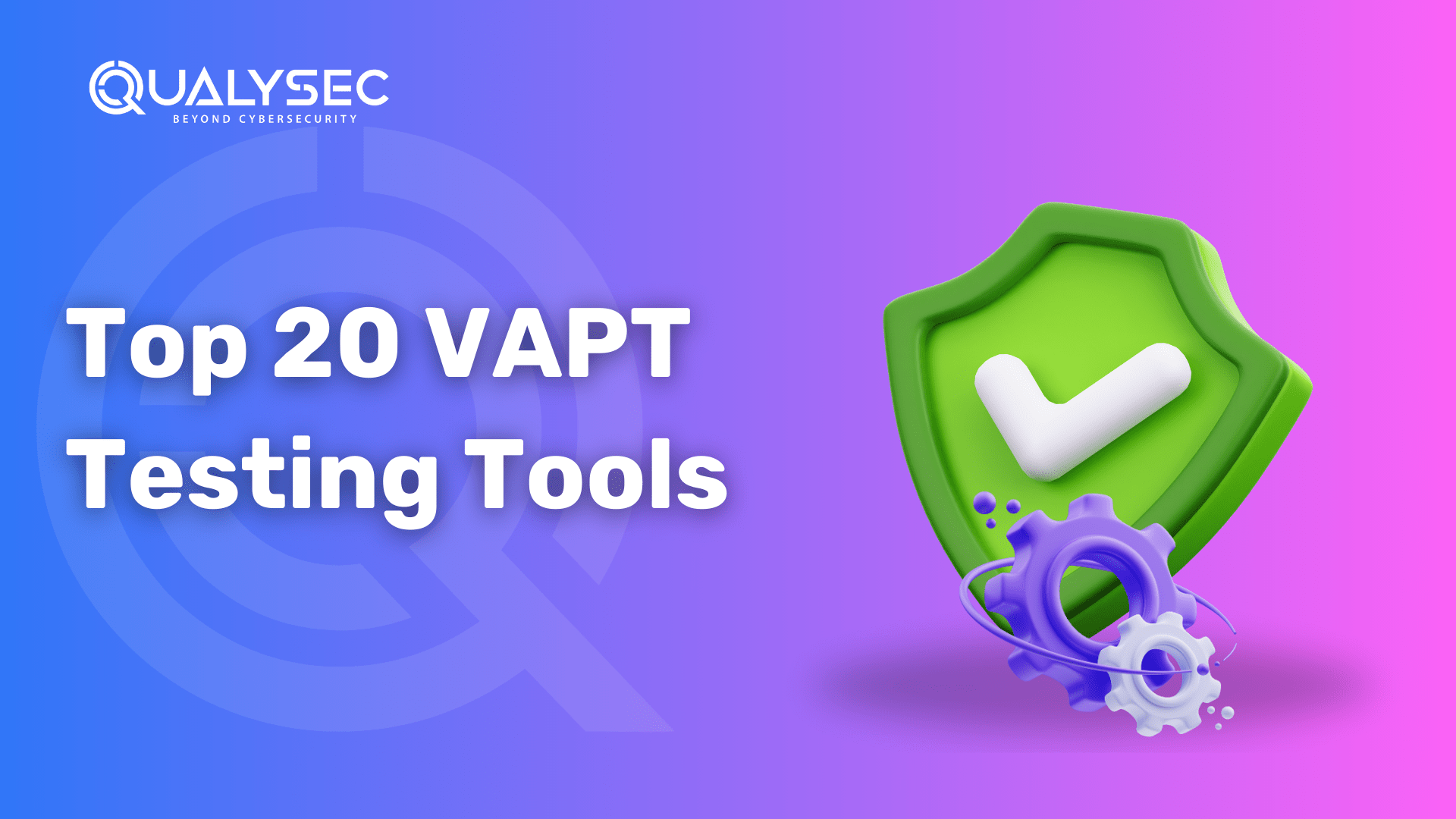


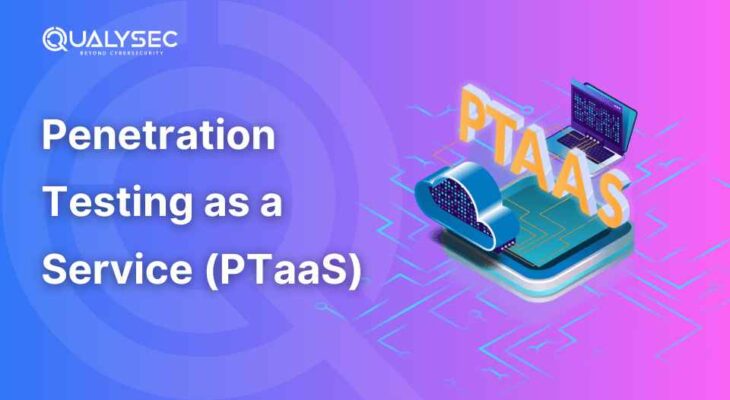

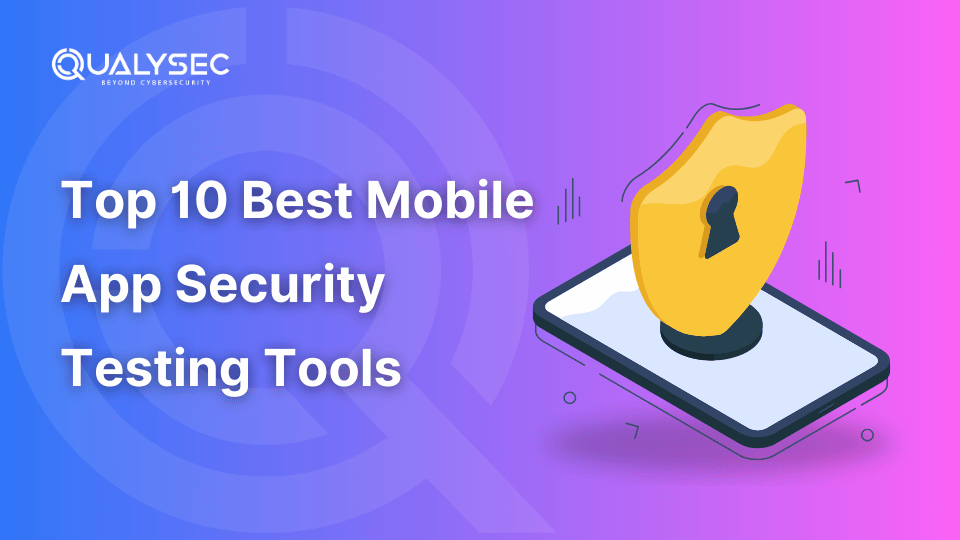


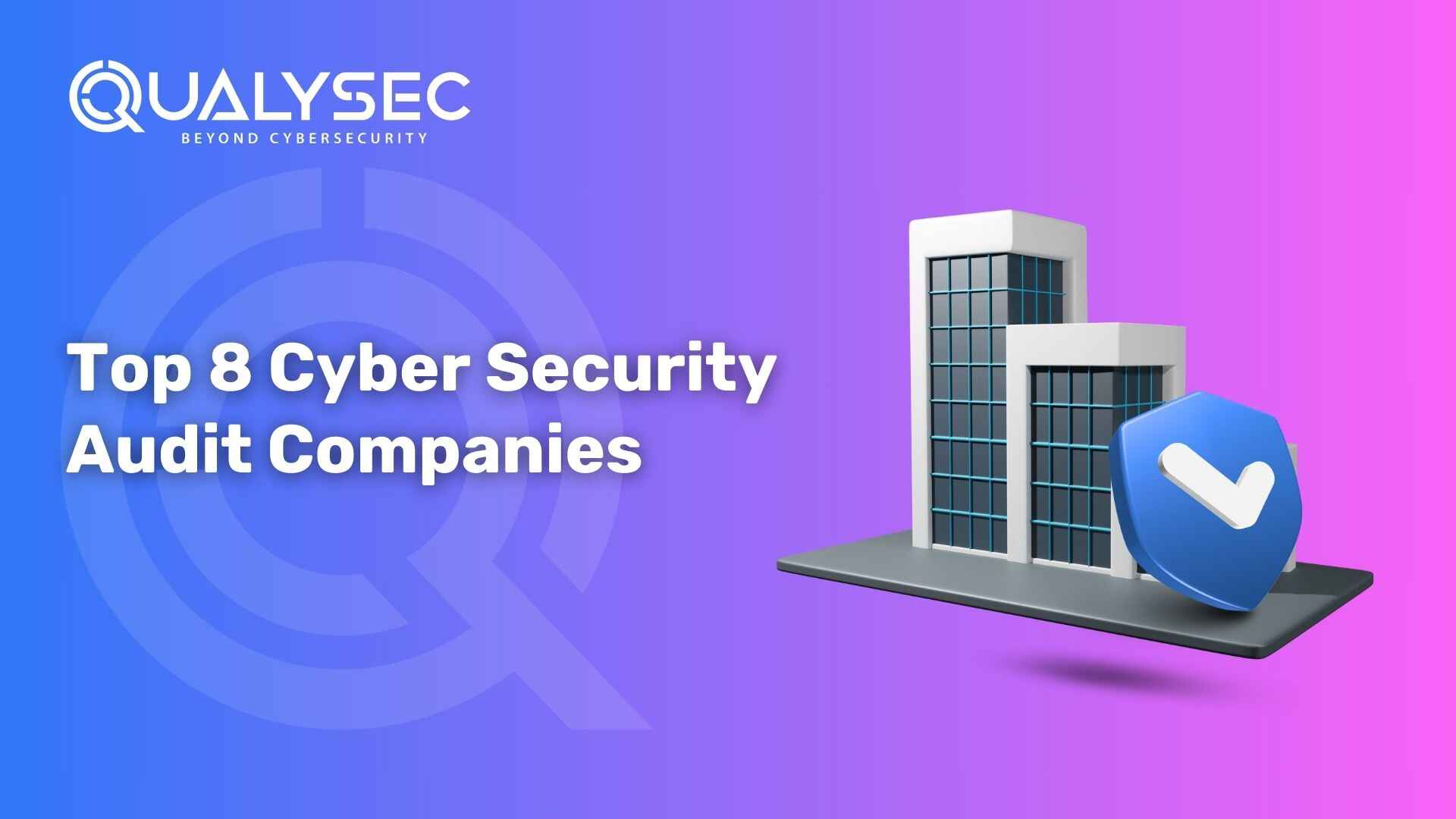
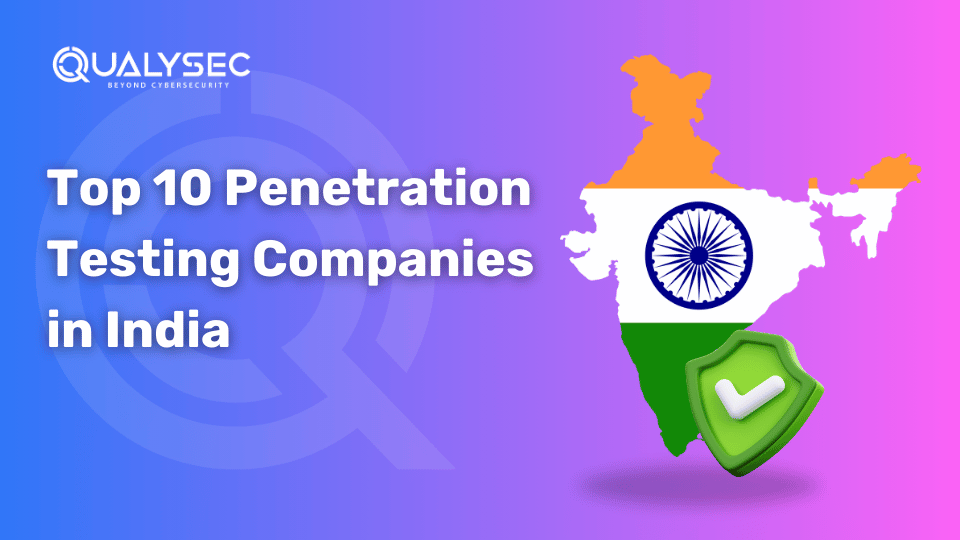






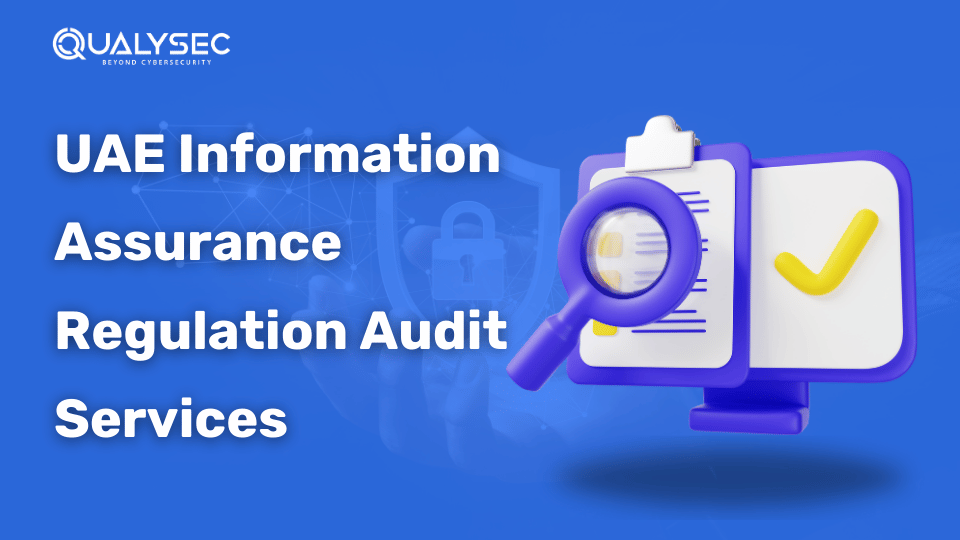










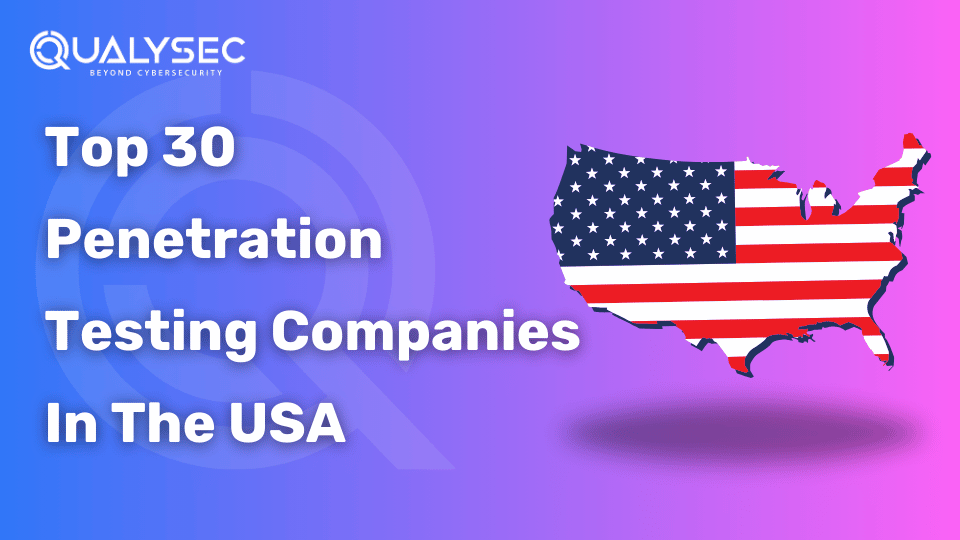
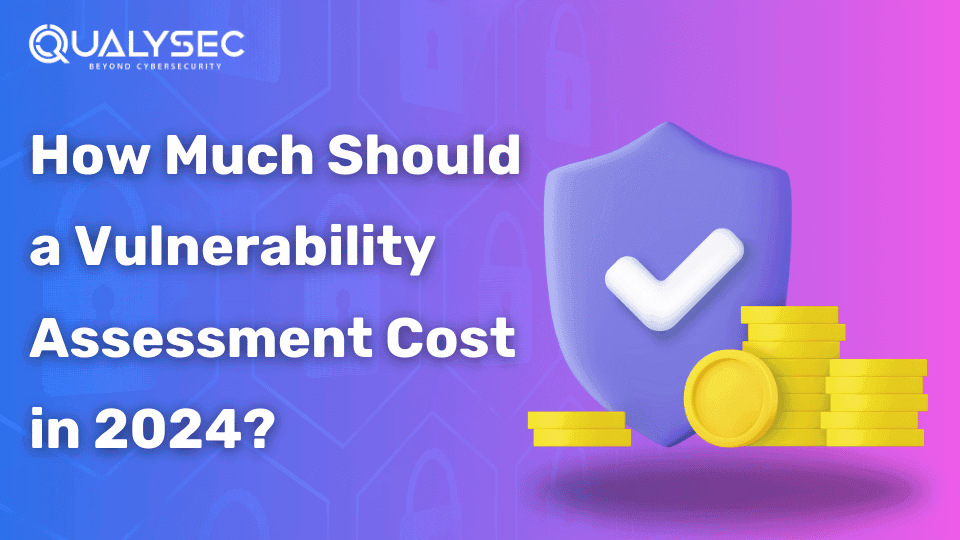








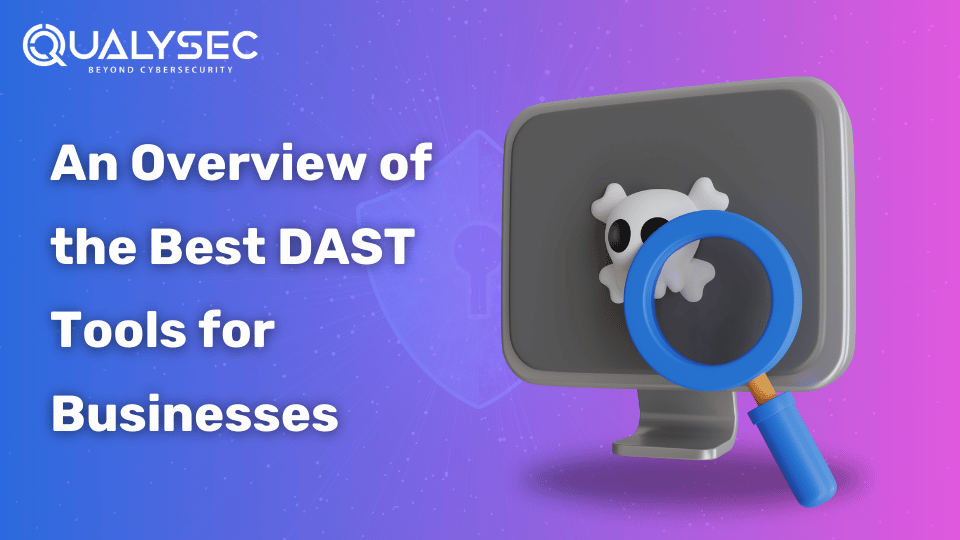










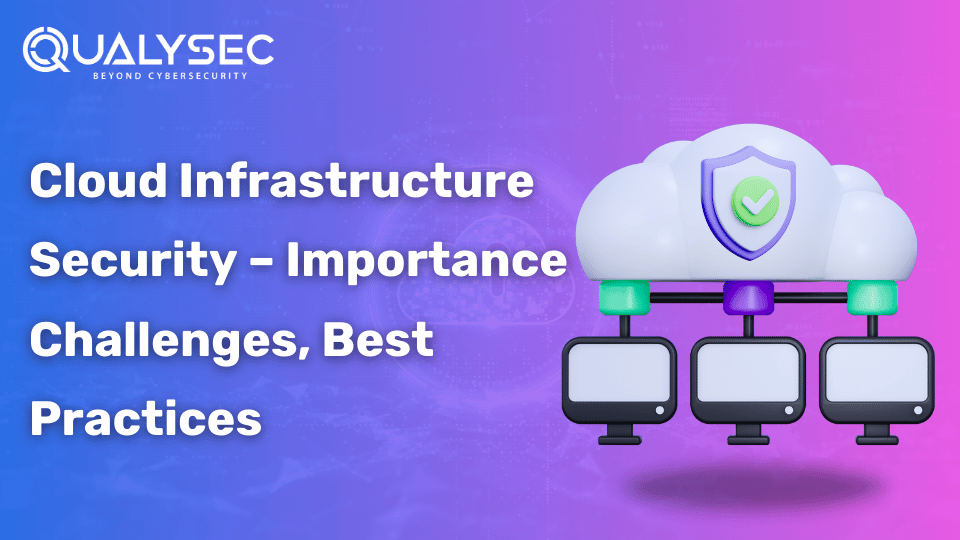

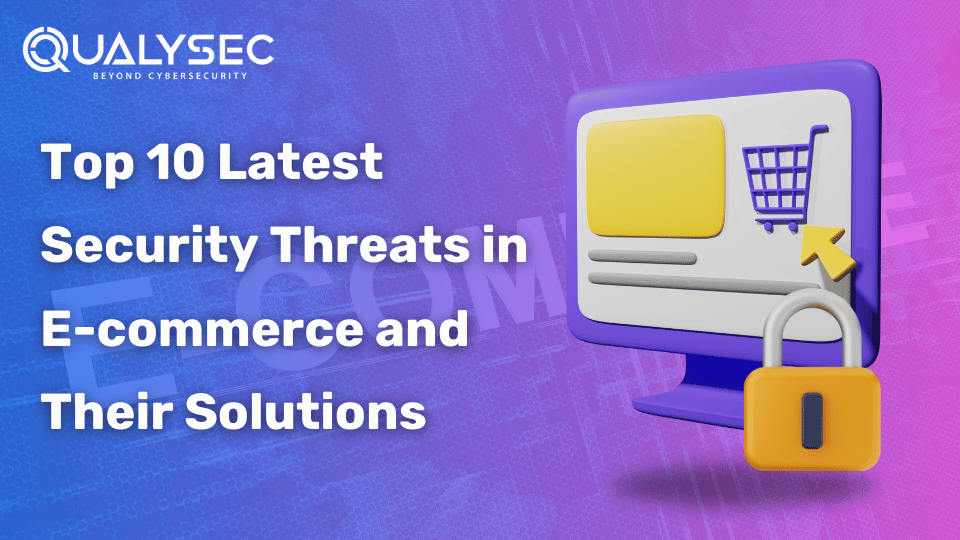
















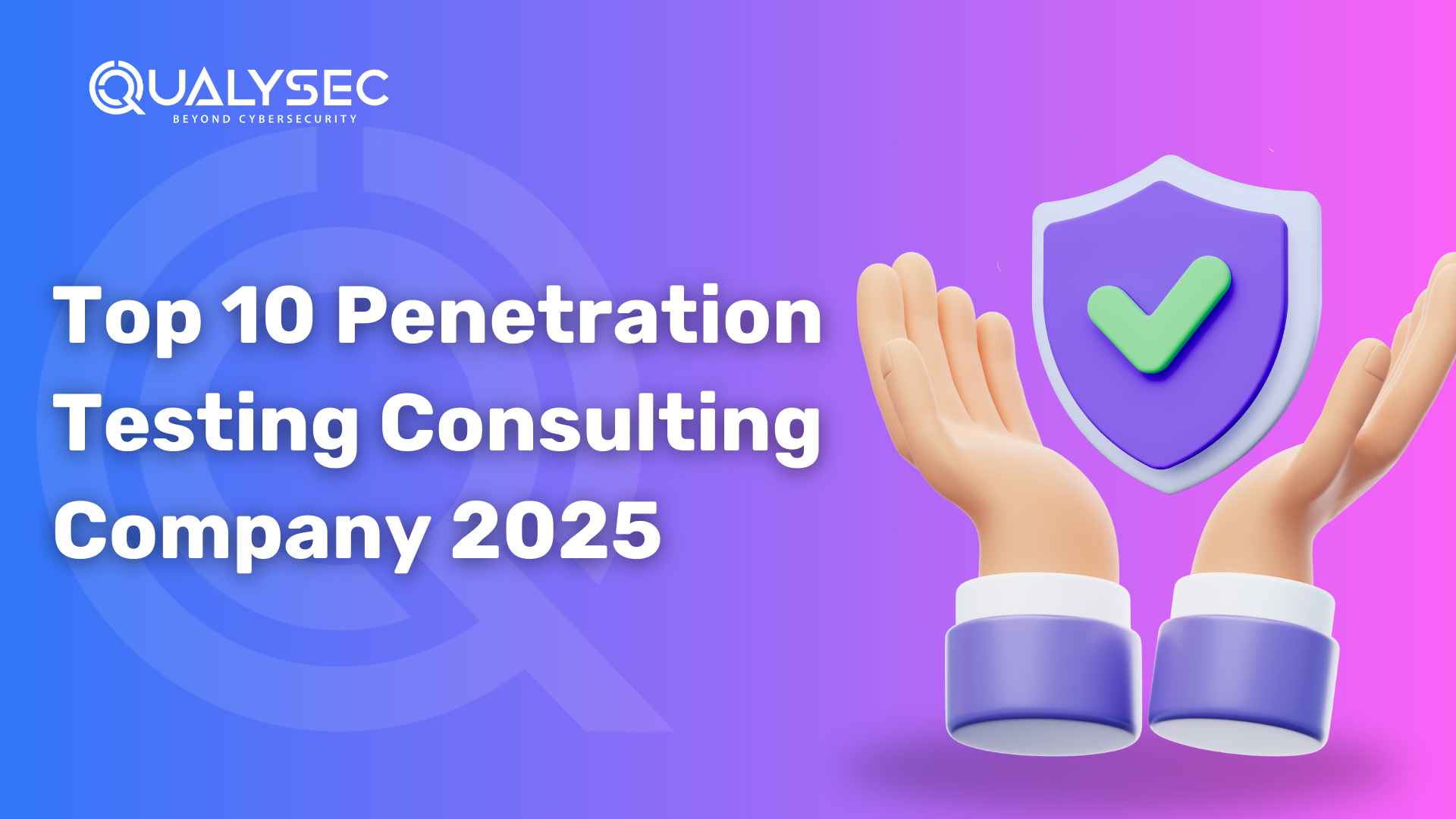
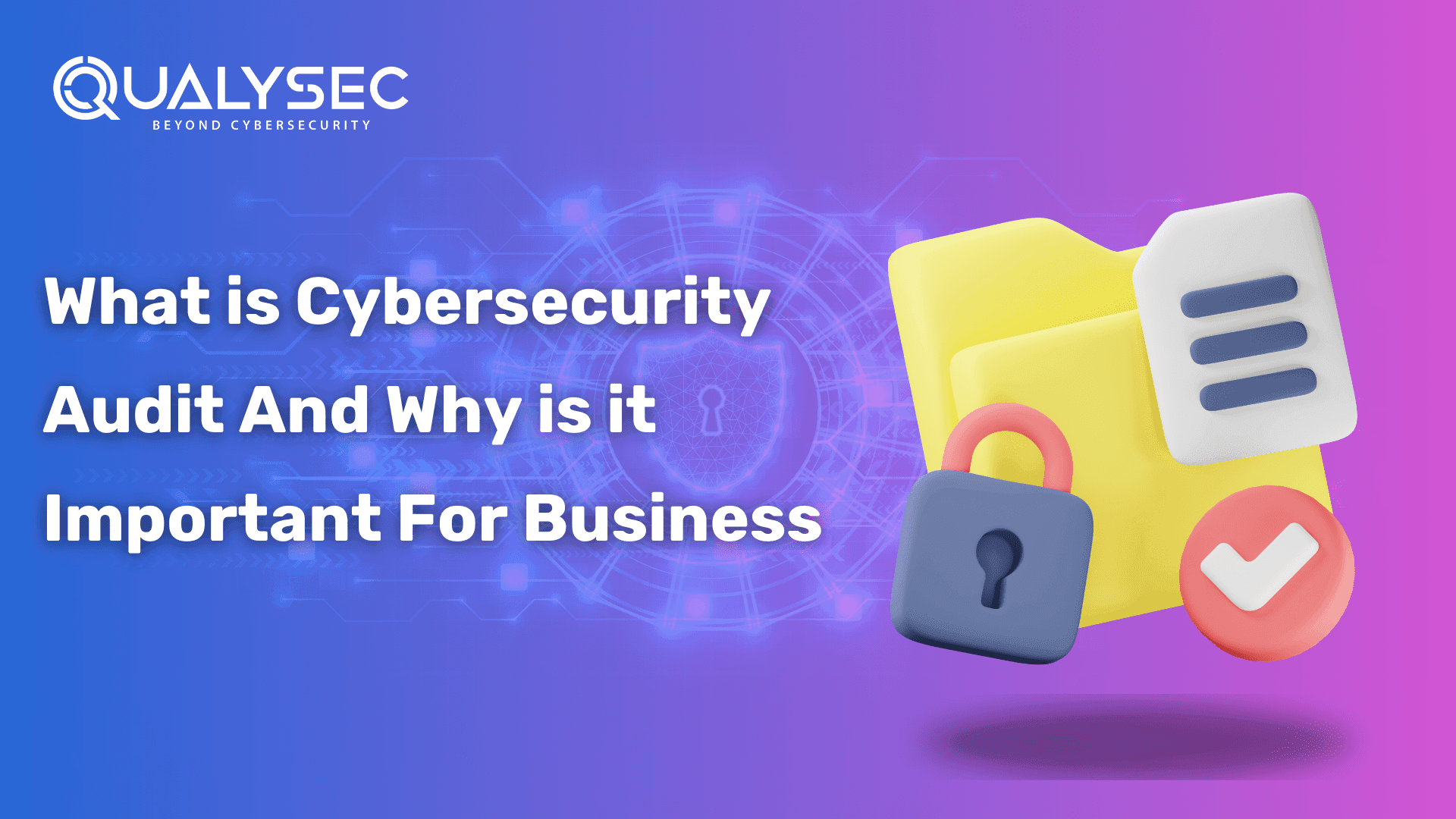
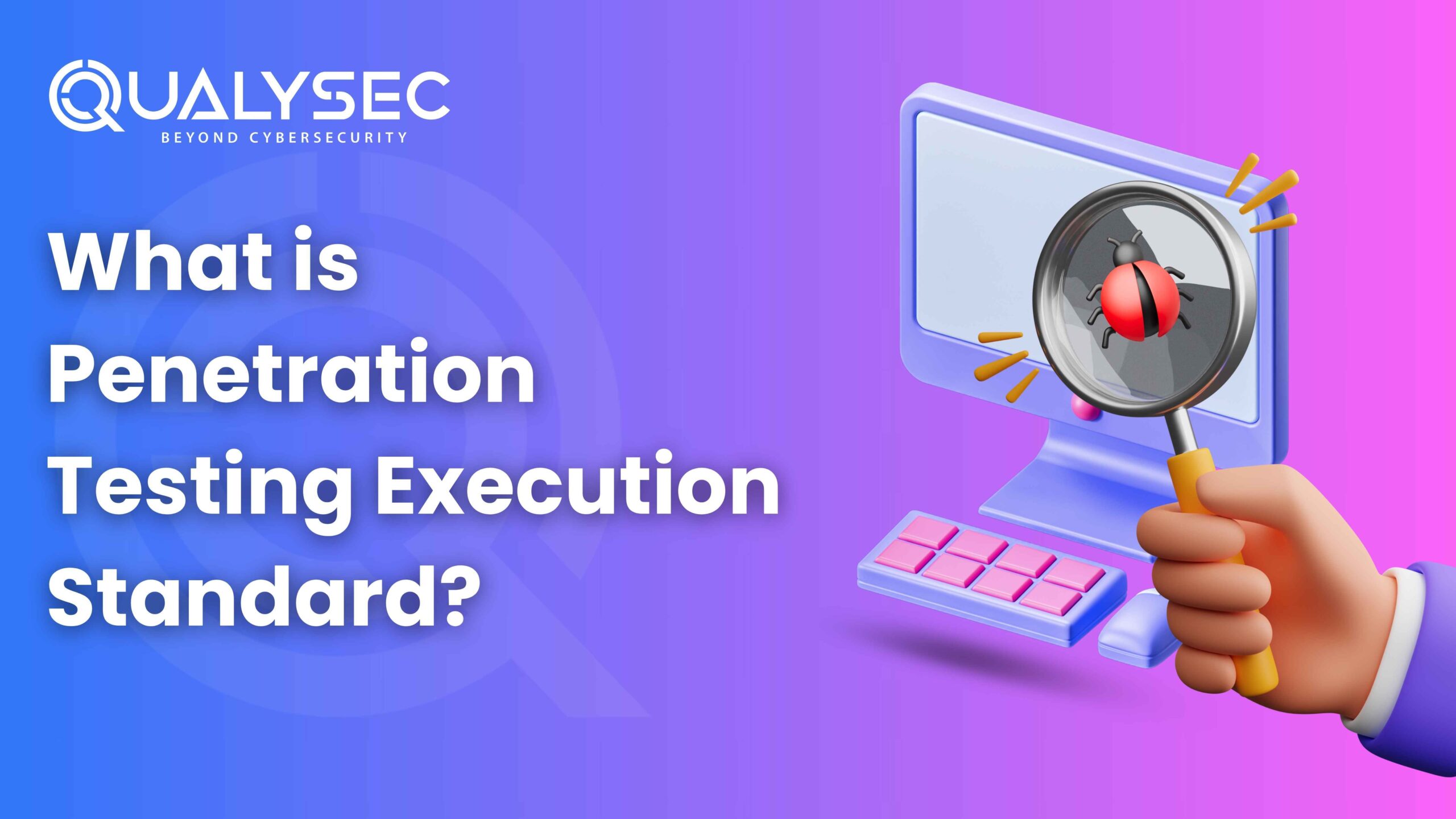





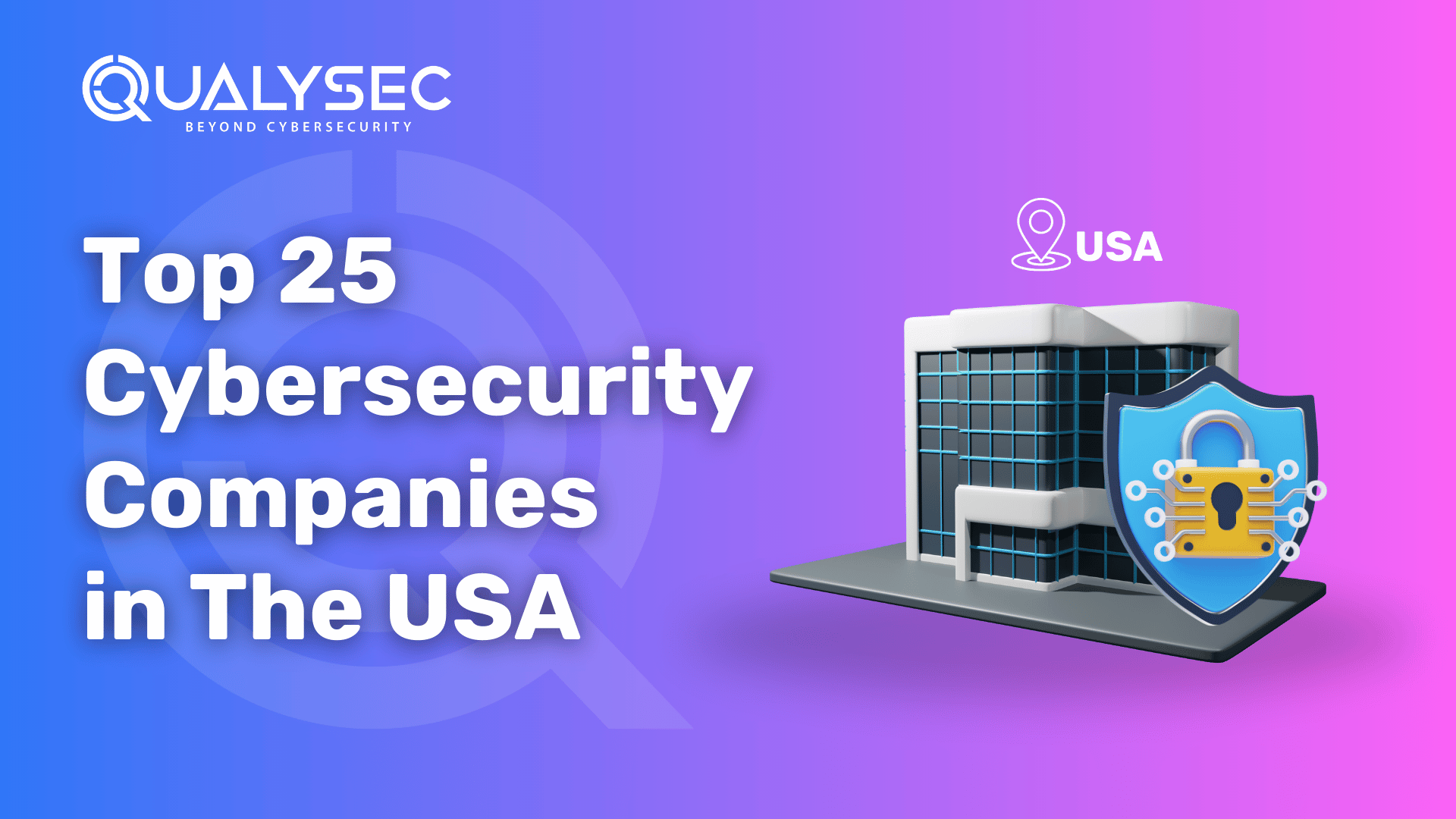
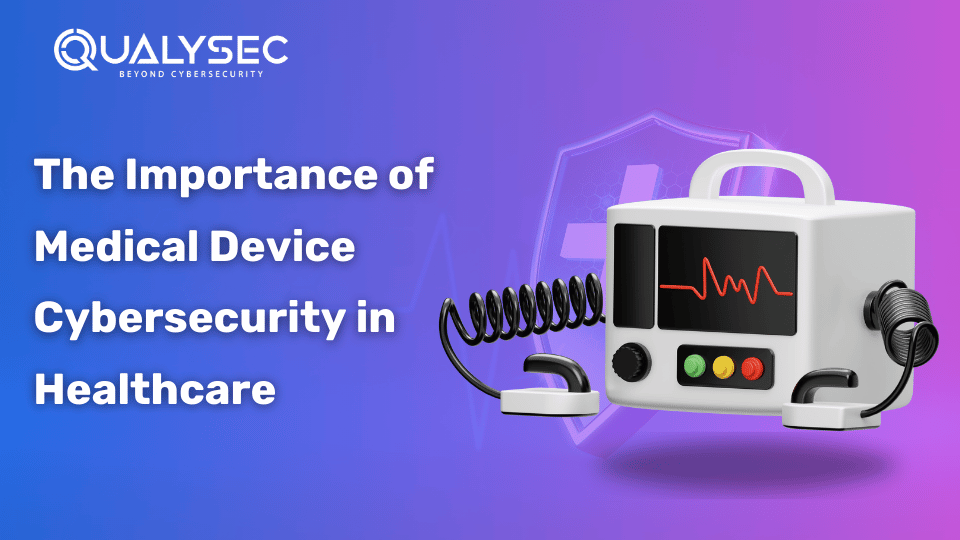




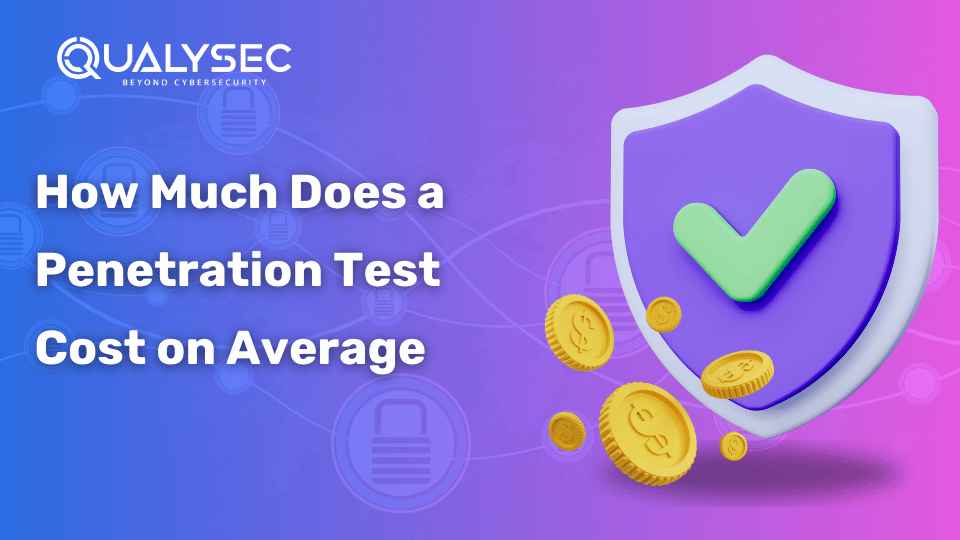



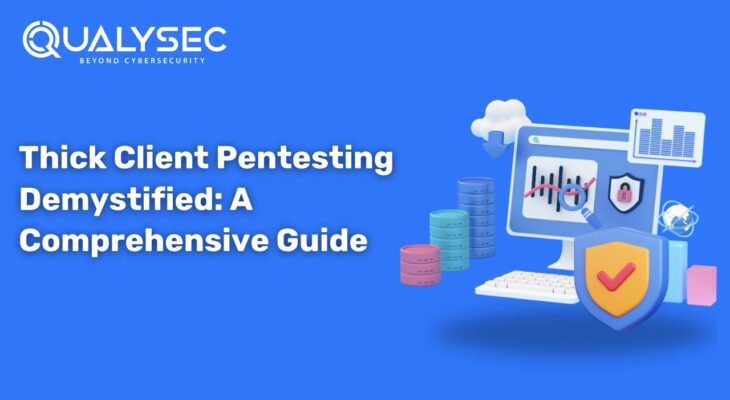




































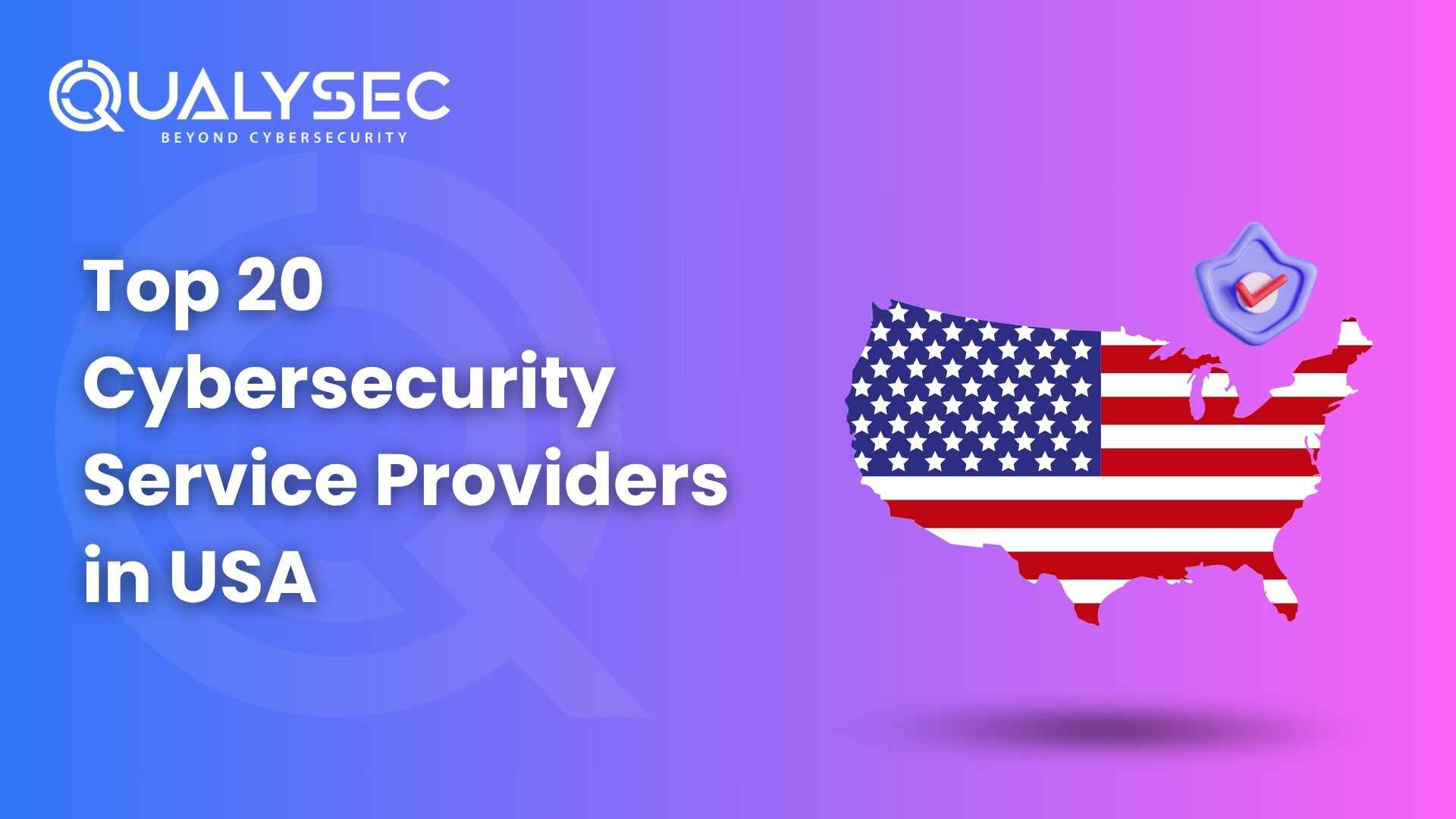













































































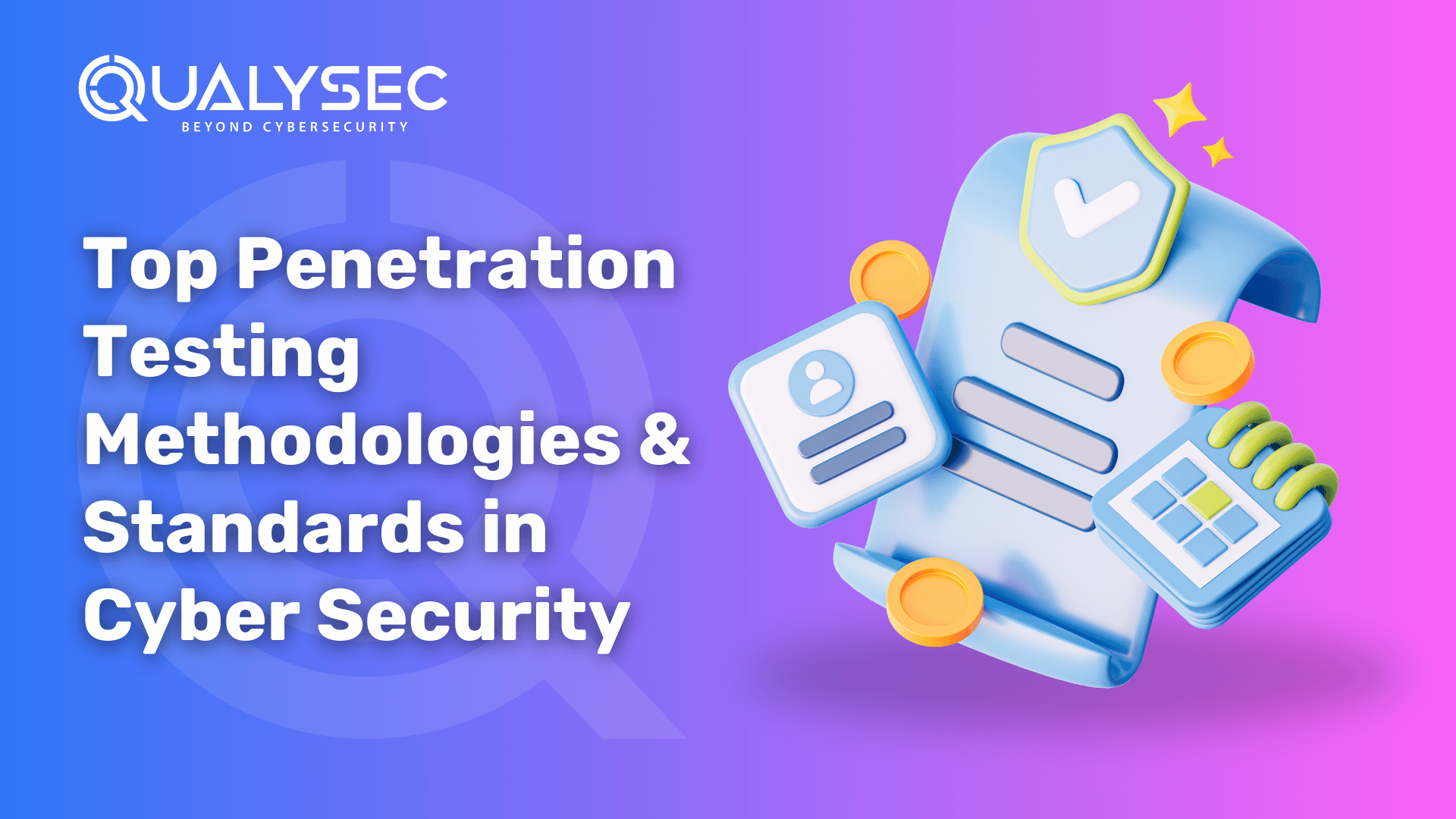











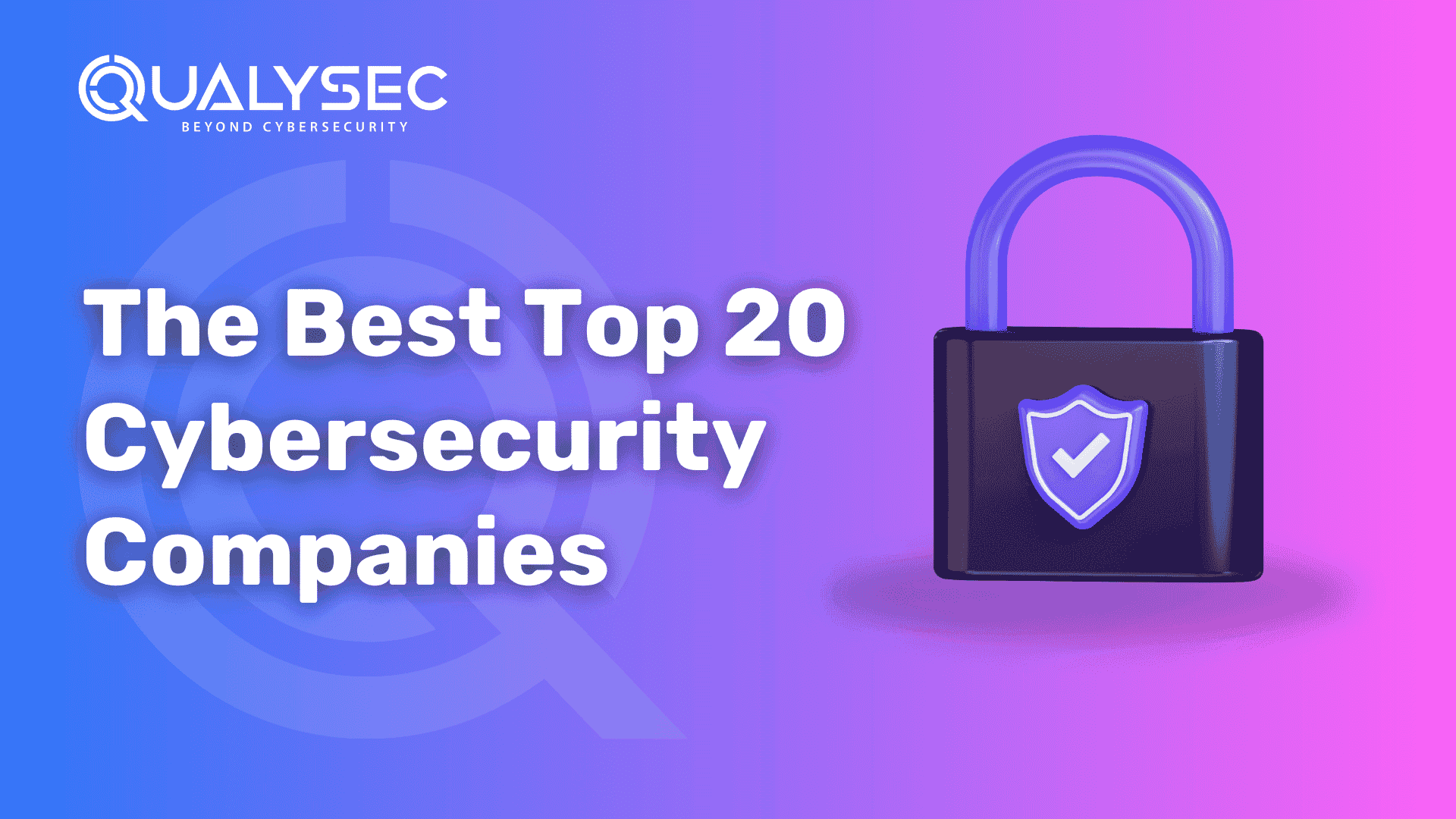
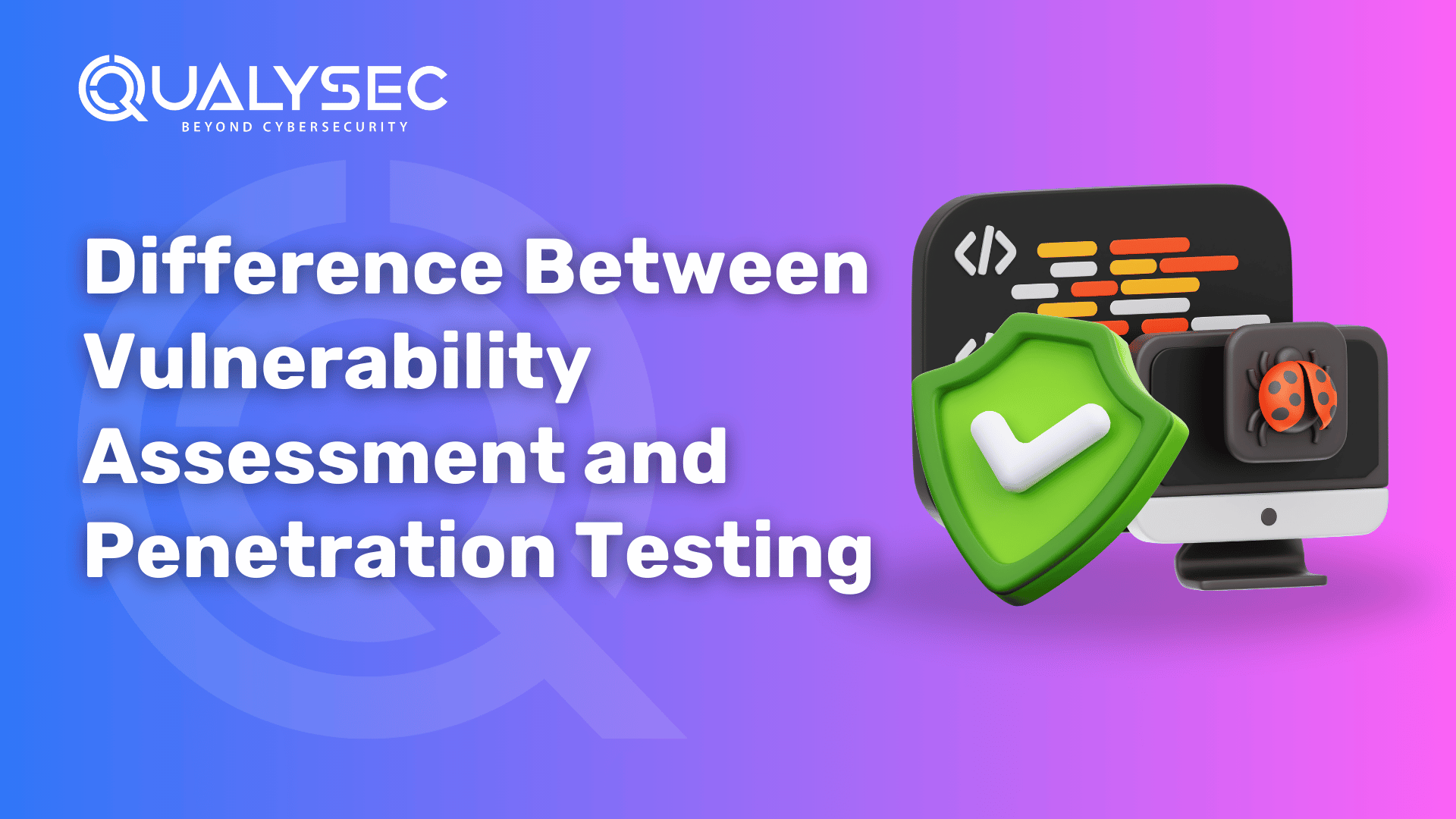


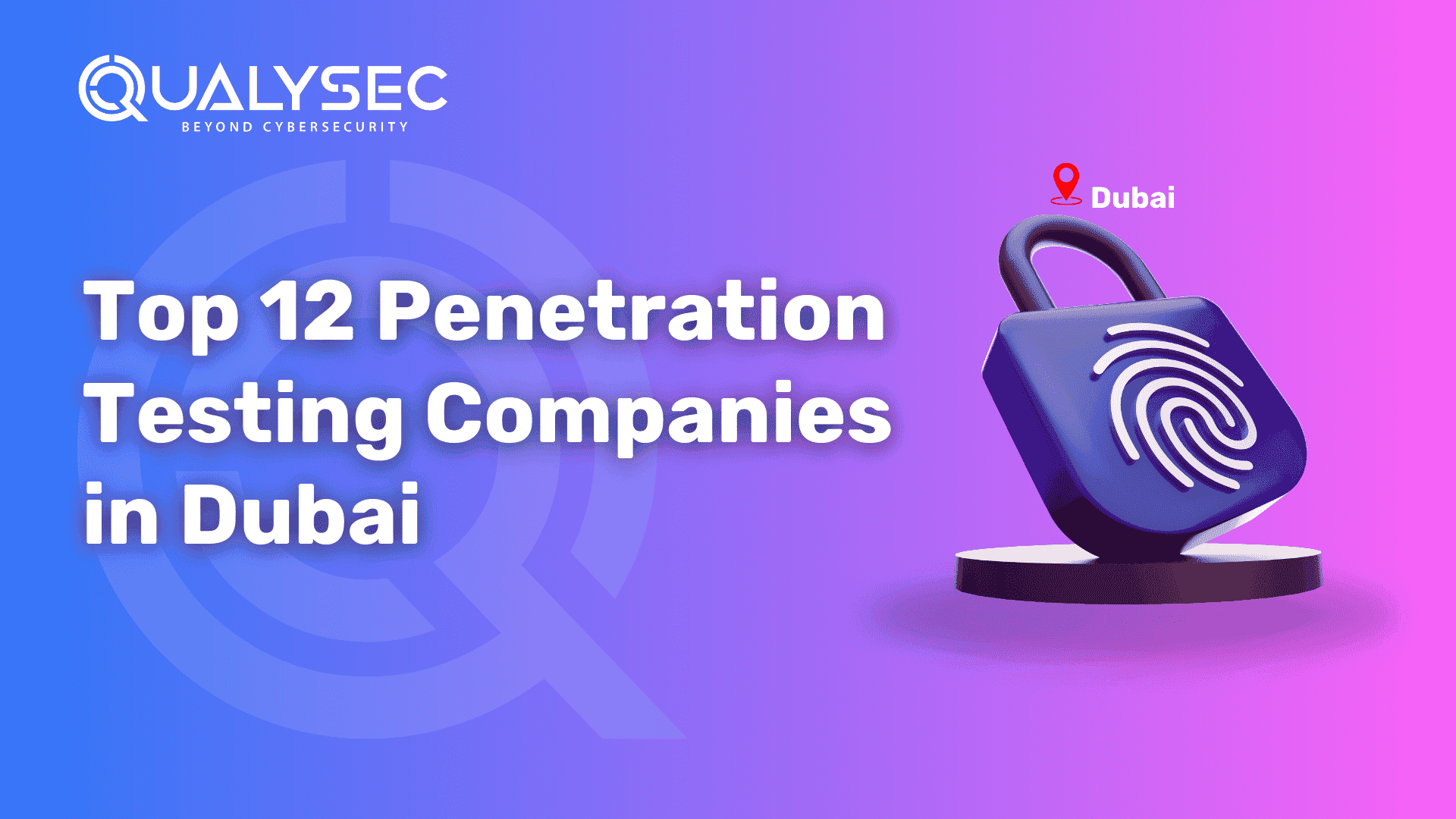
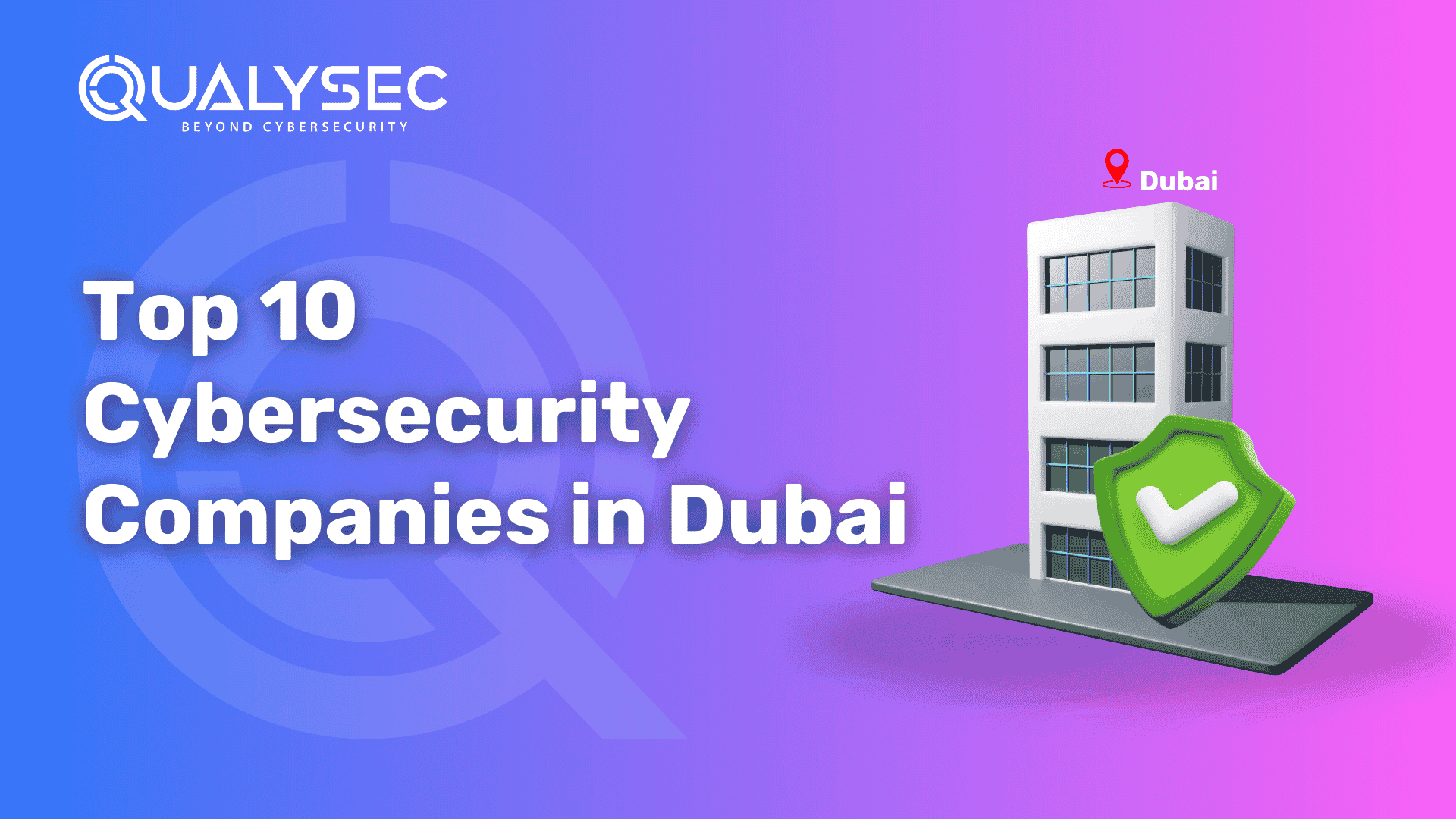

















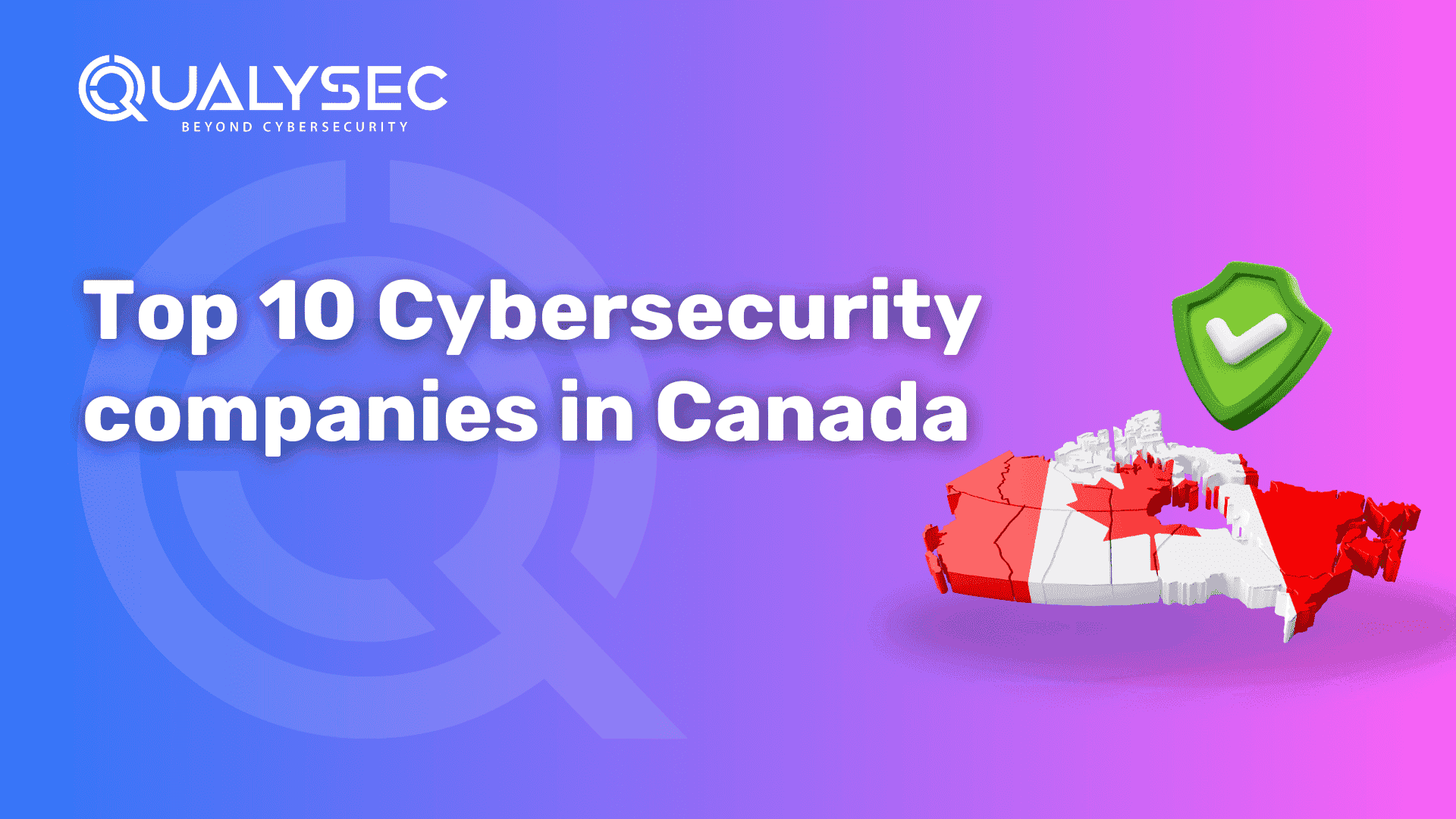




































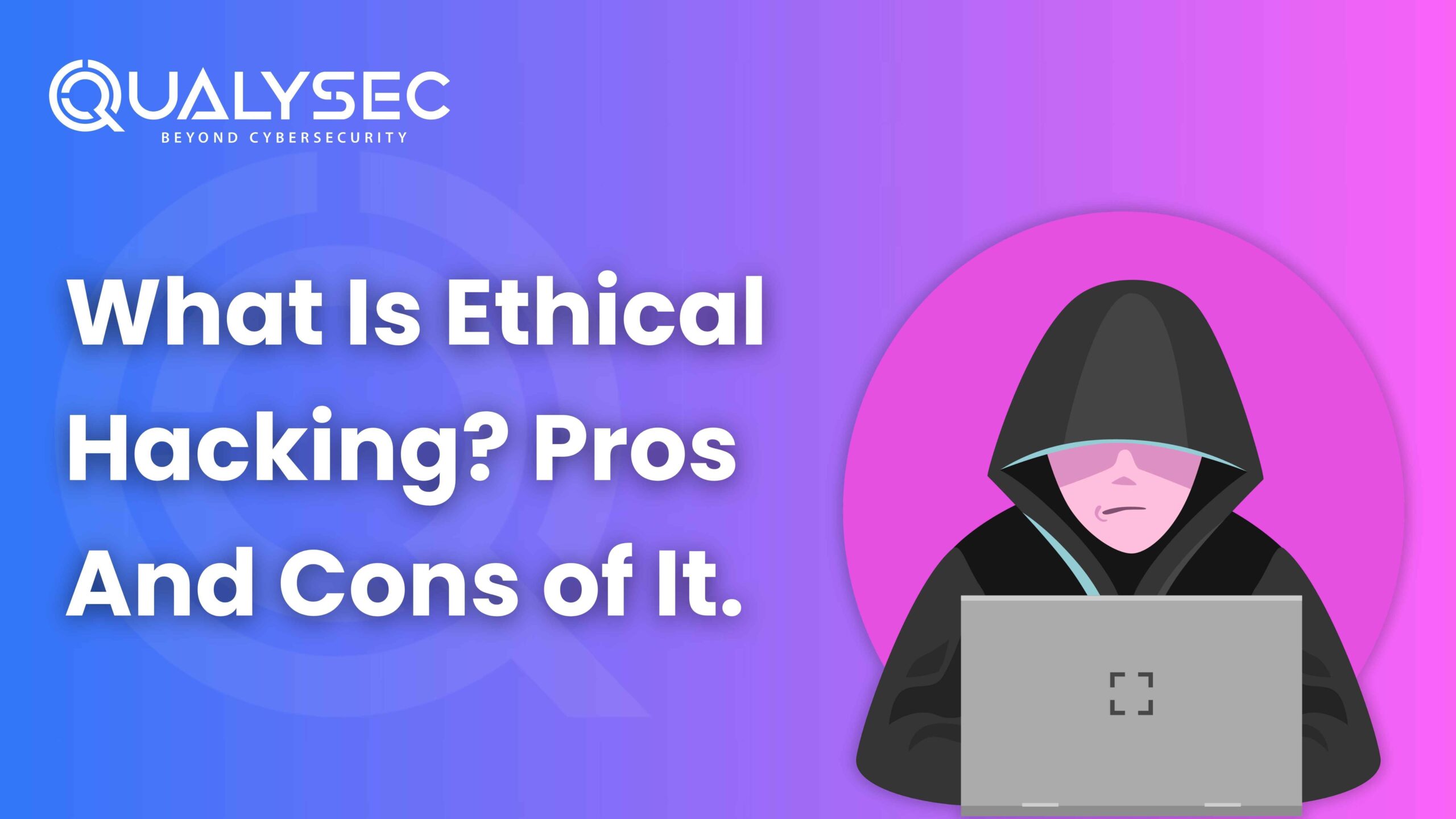








































0 Comments